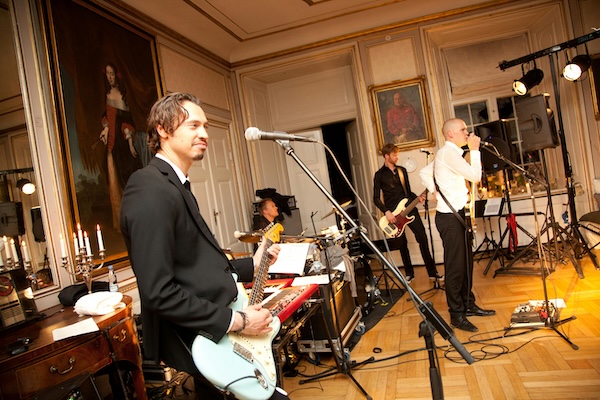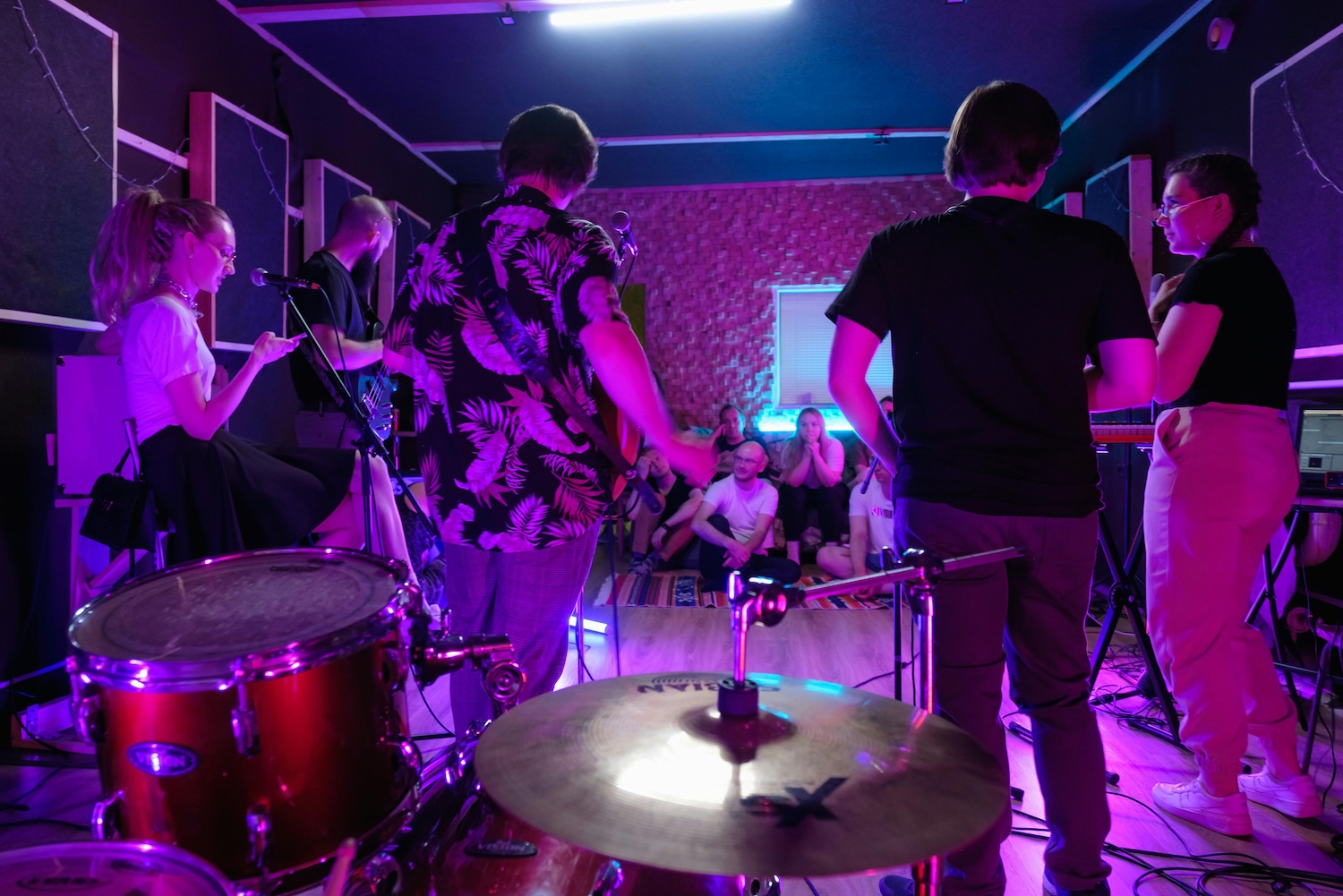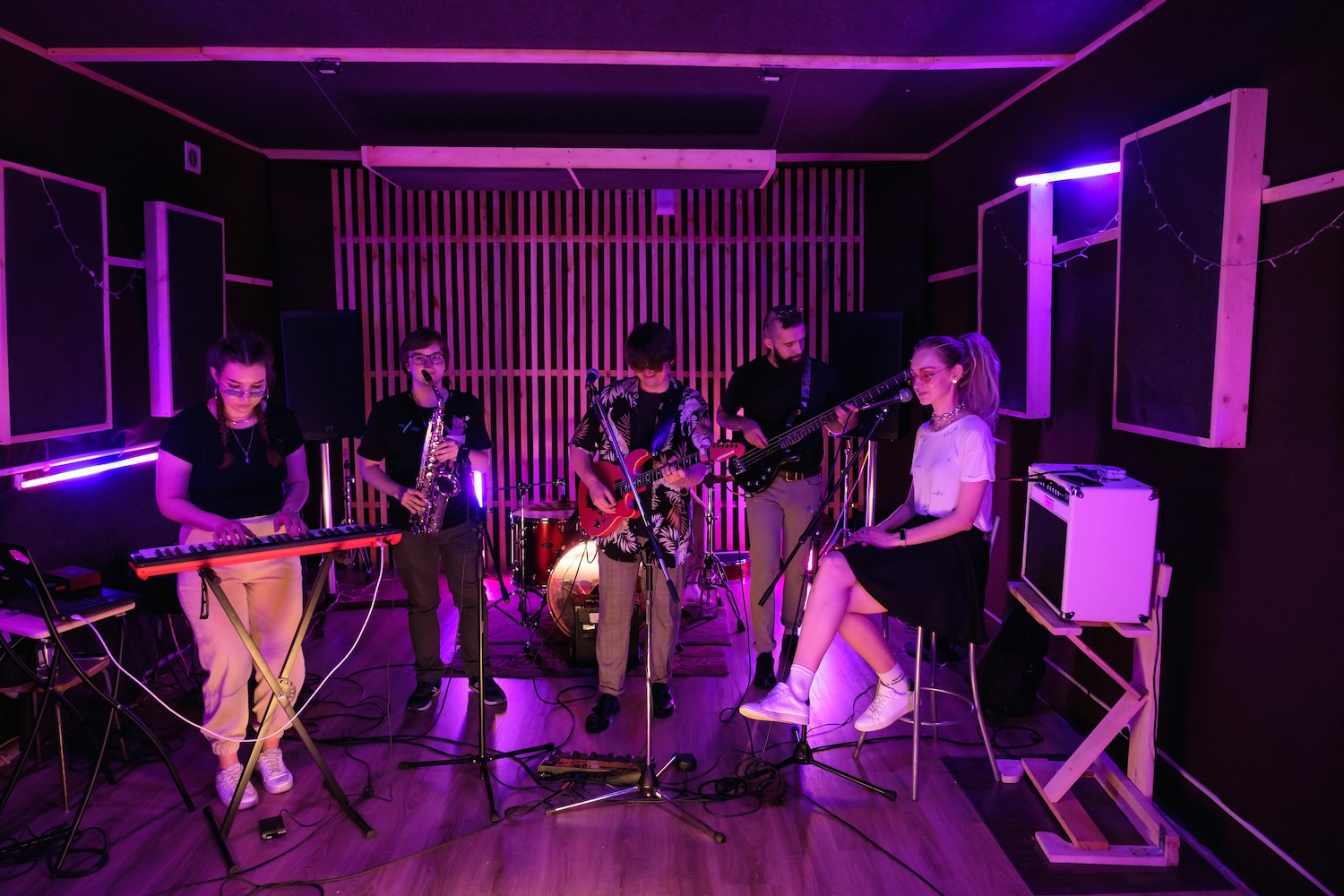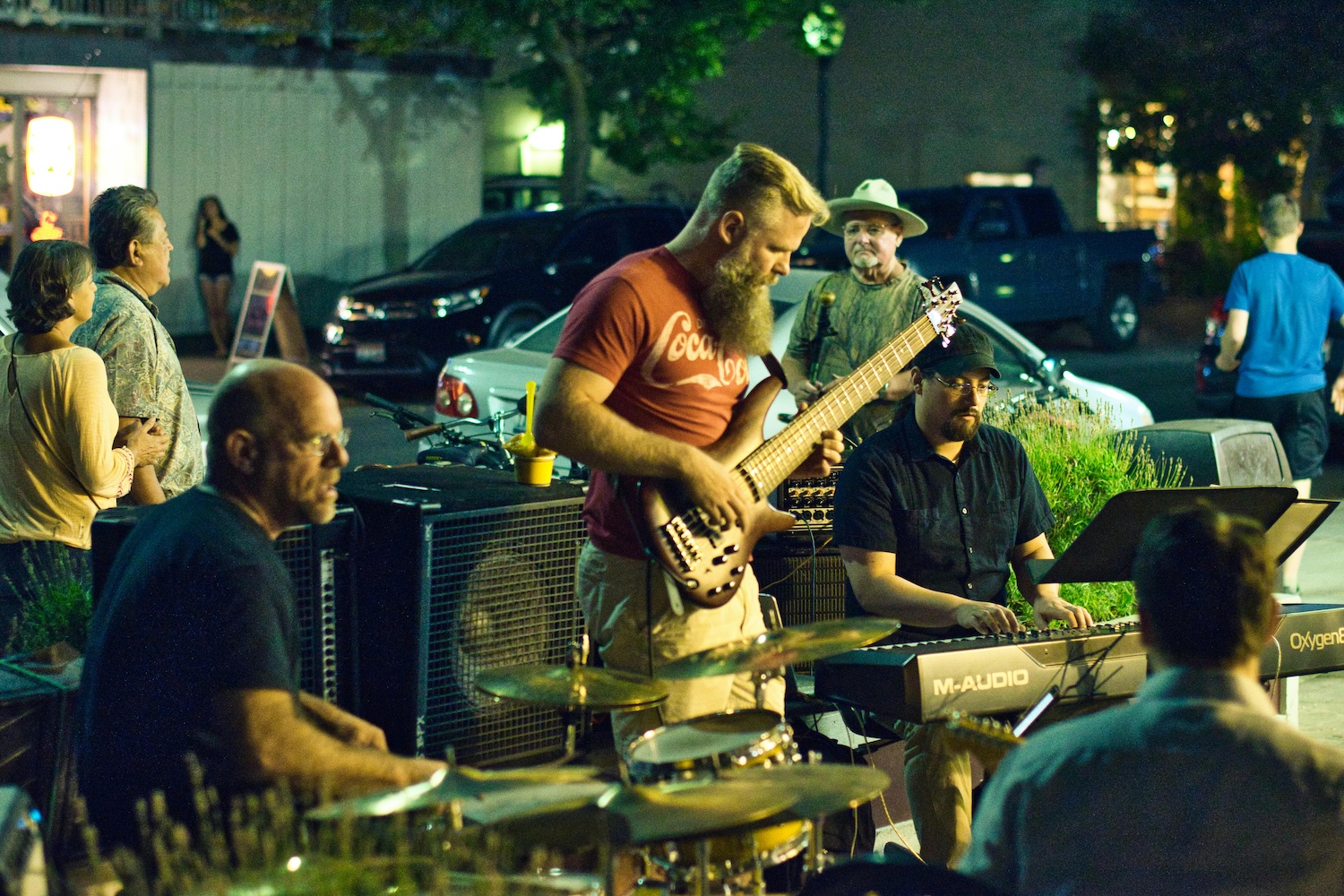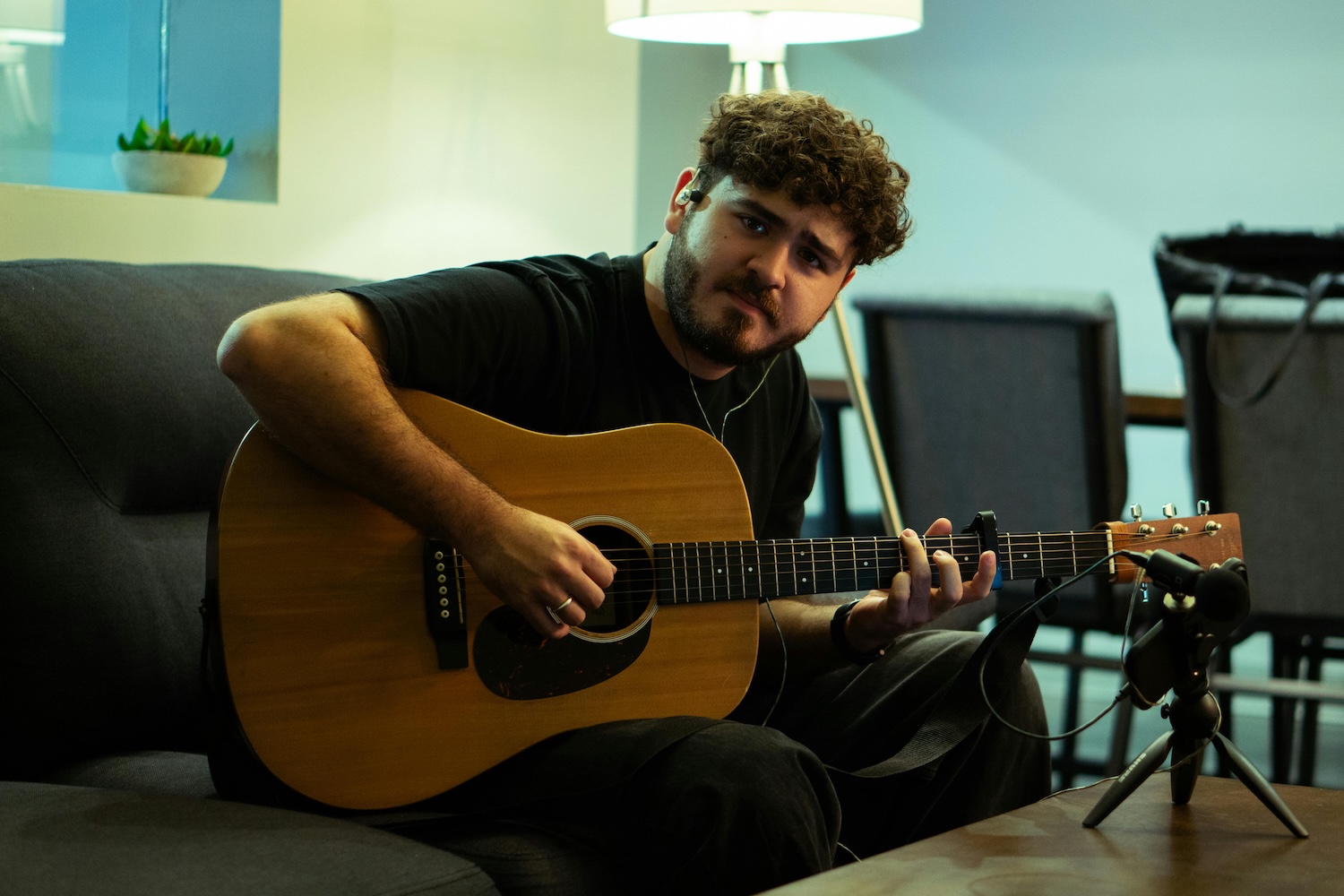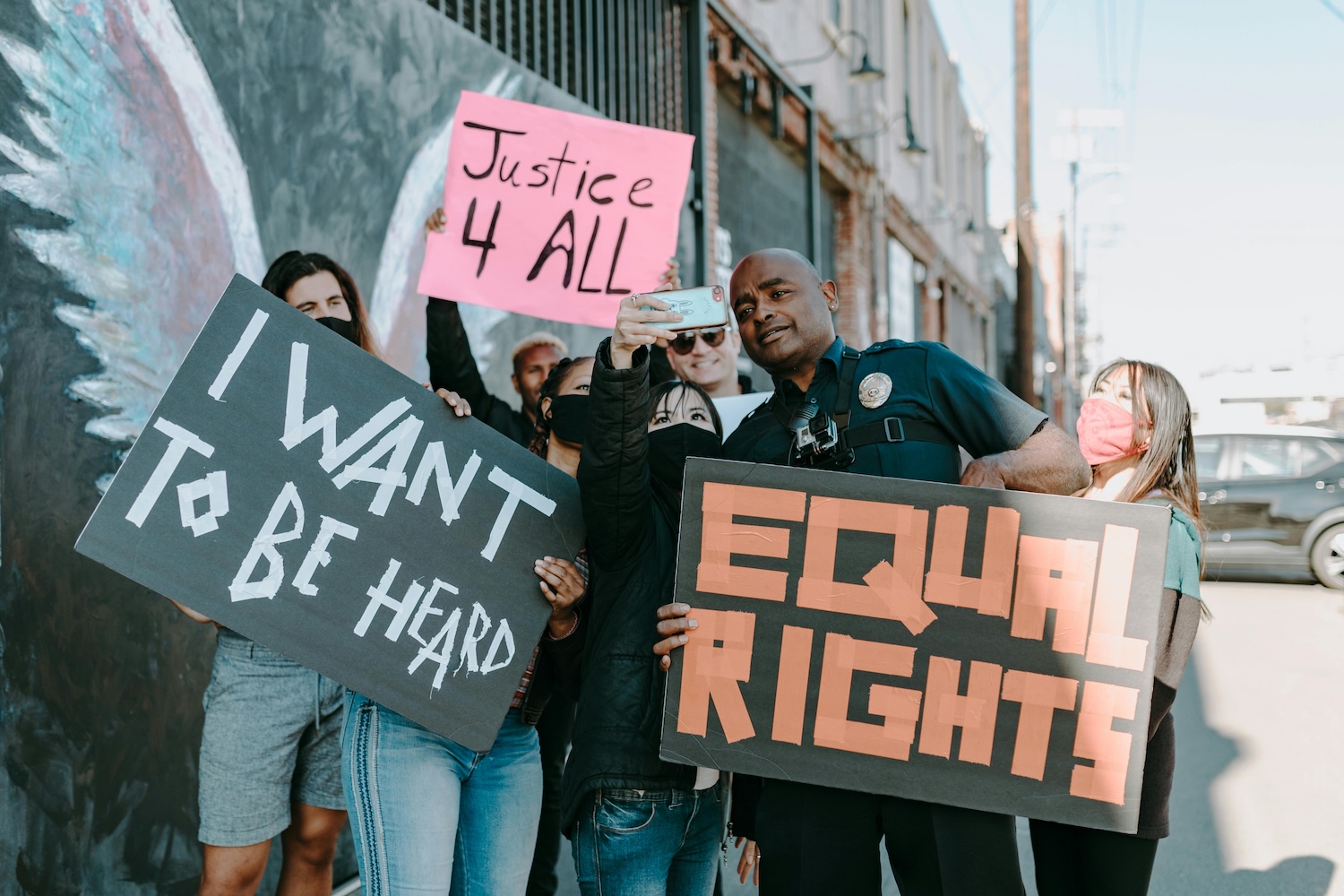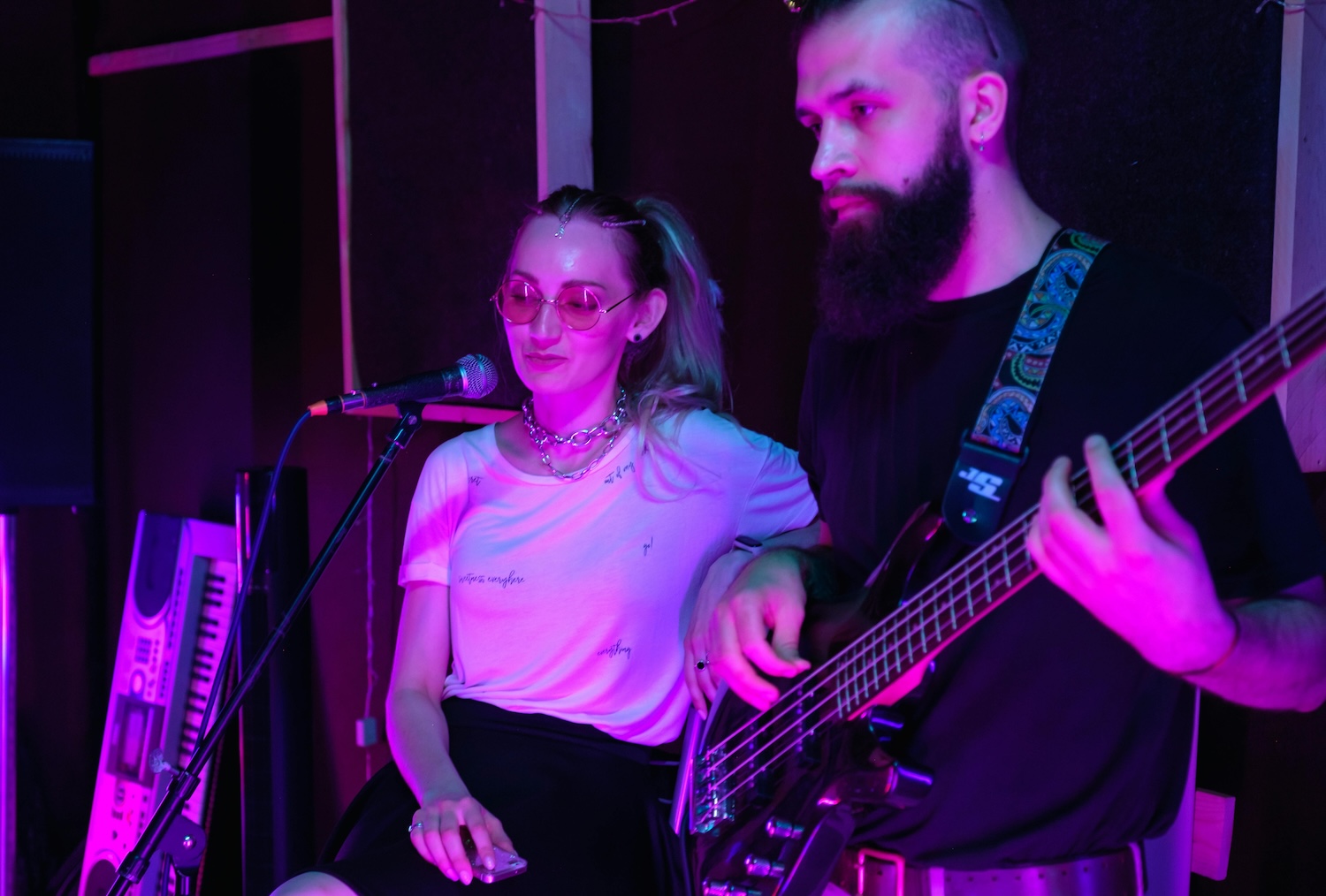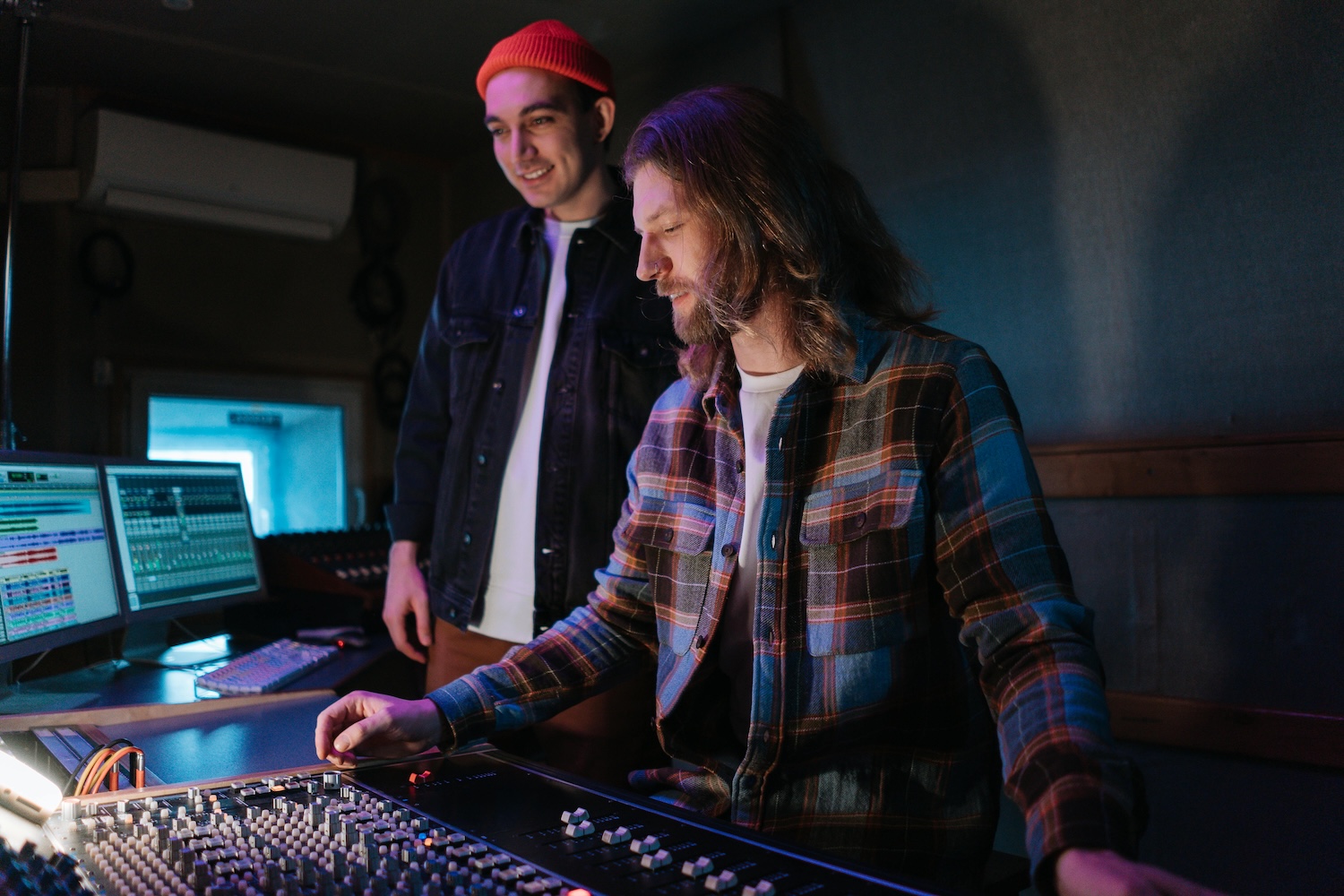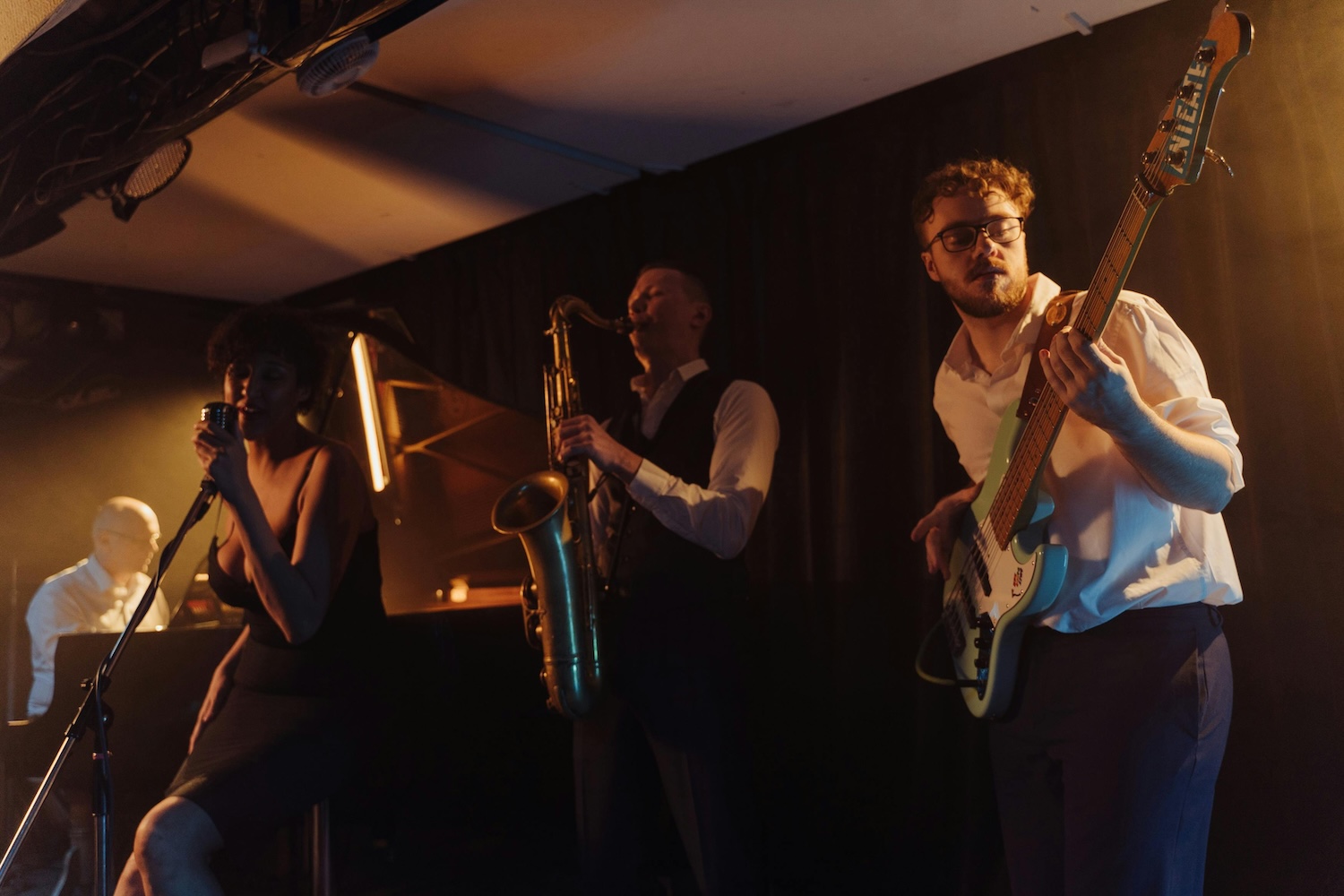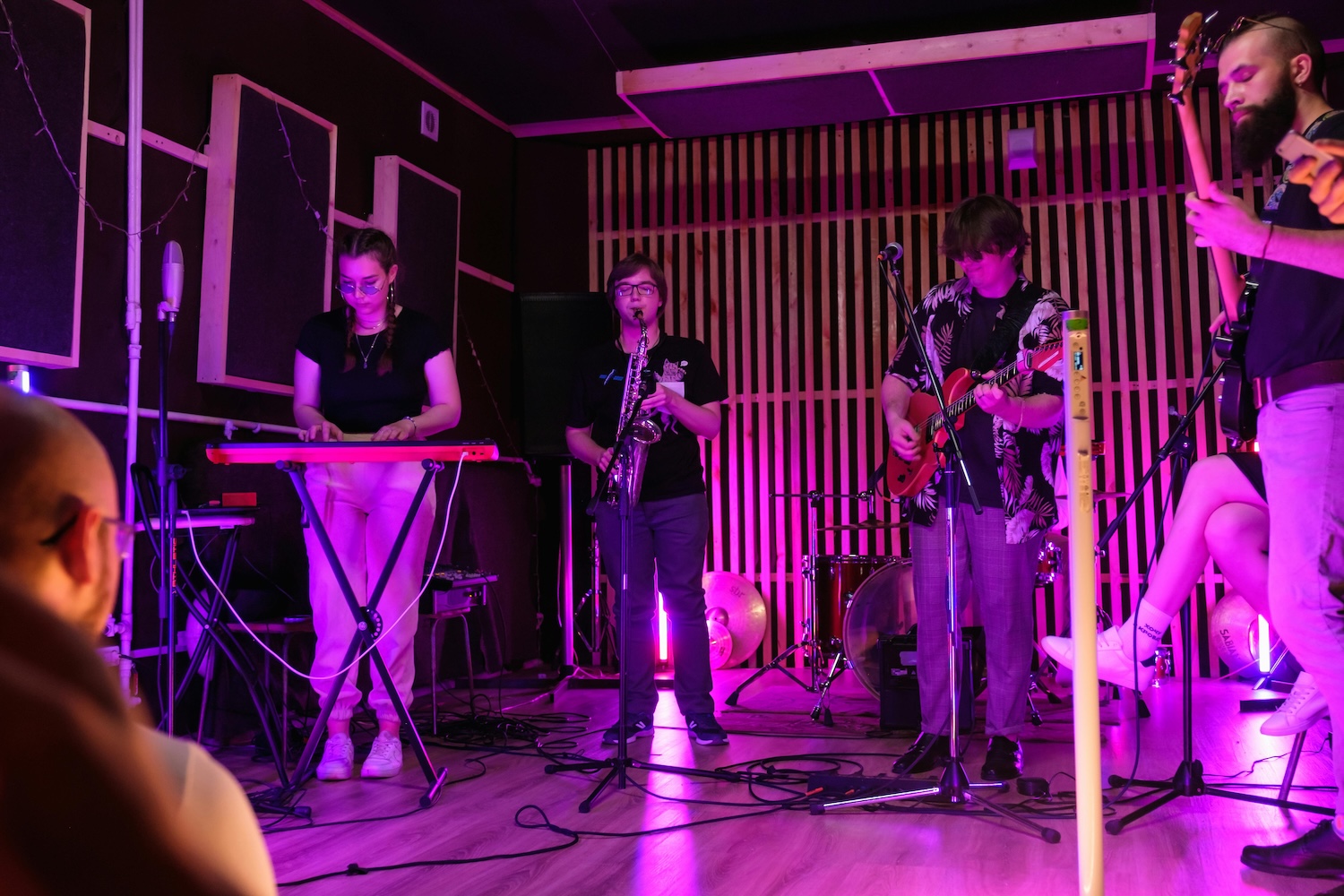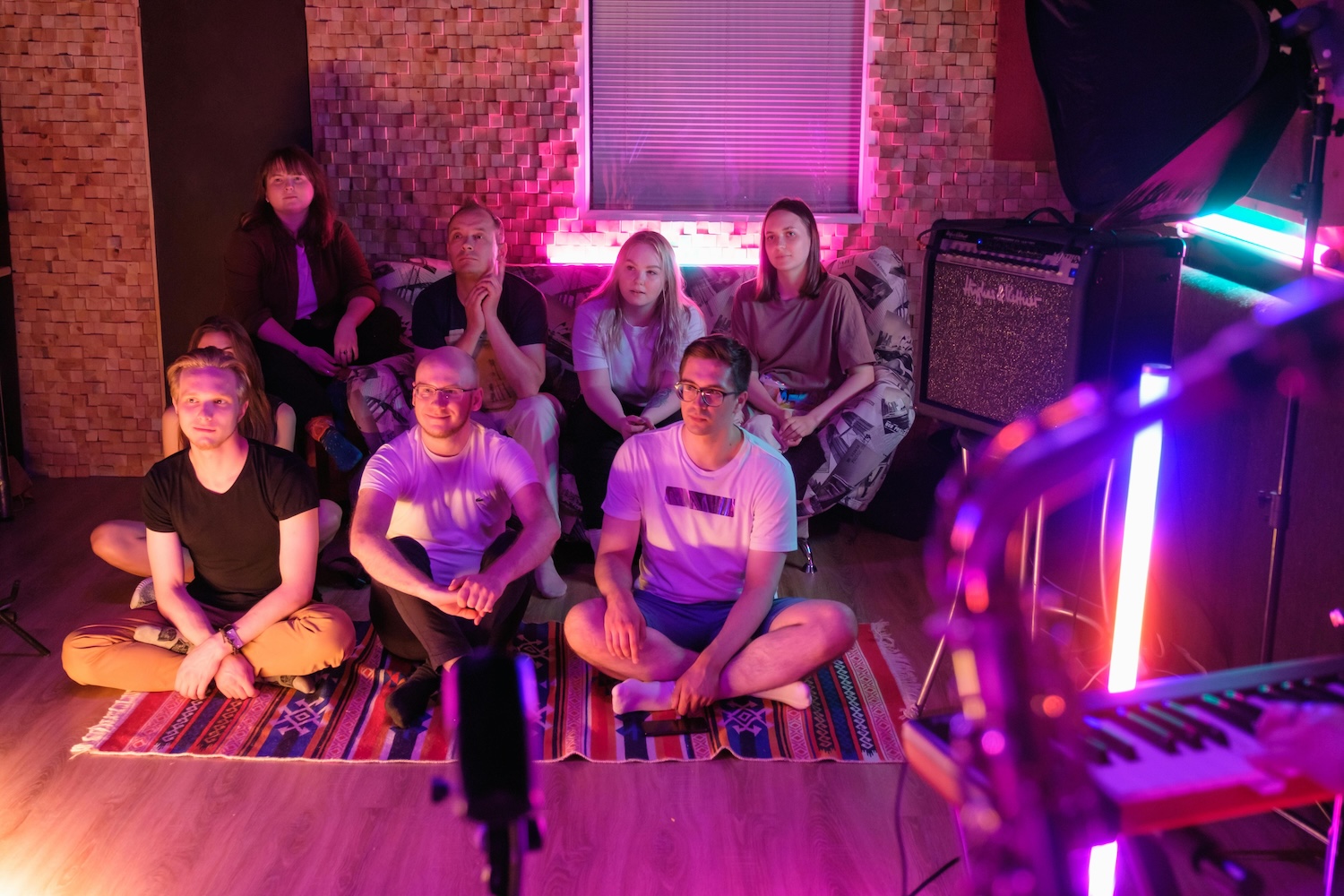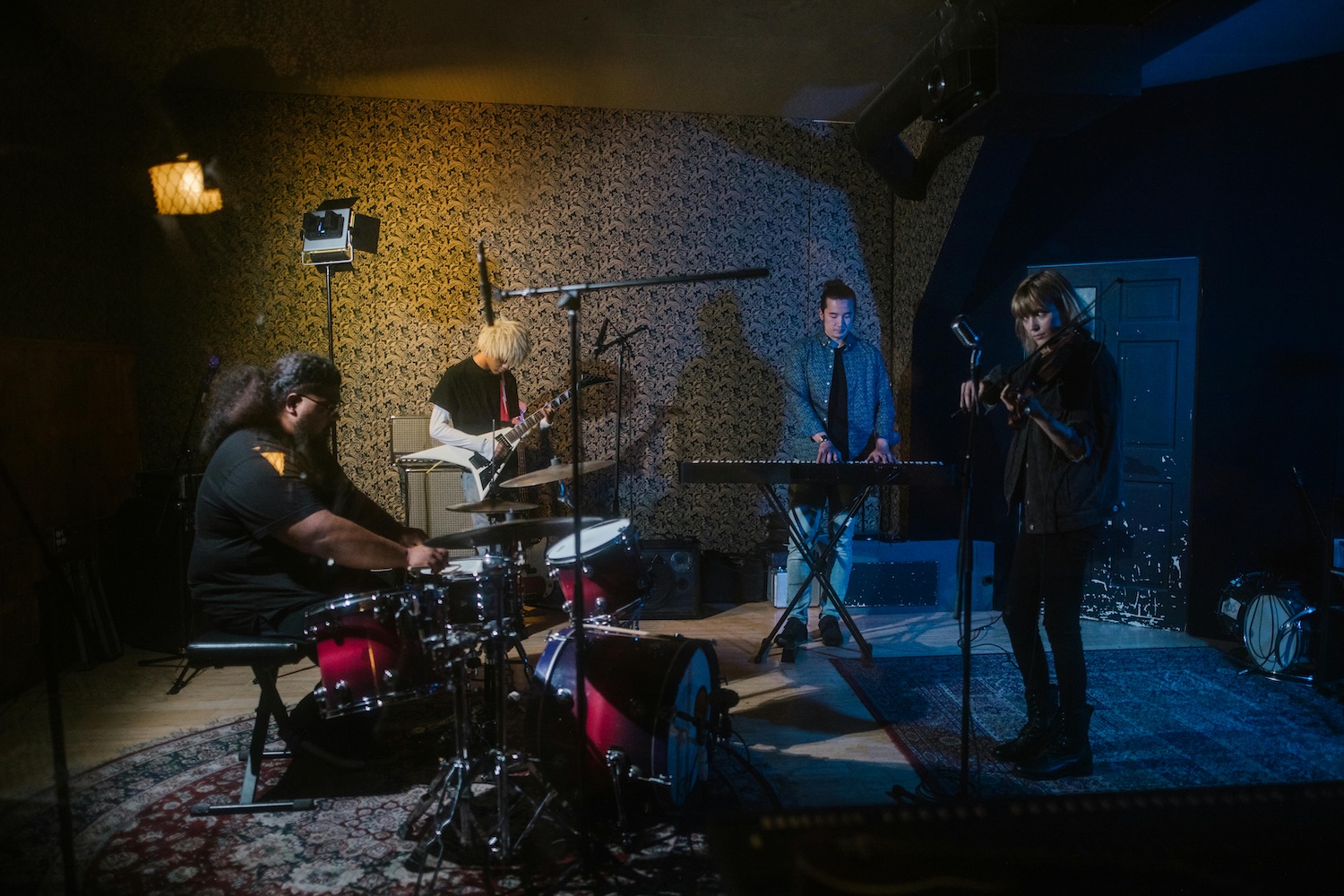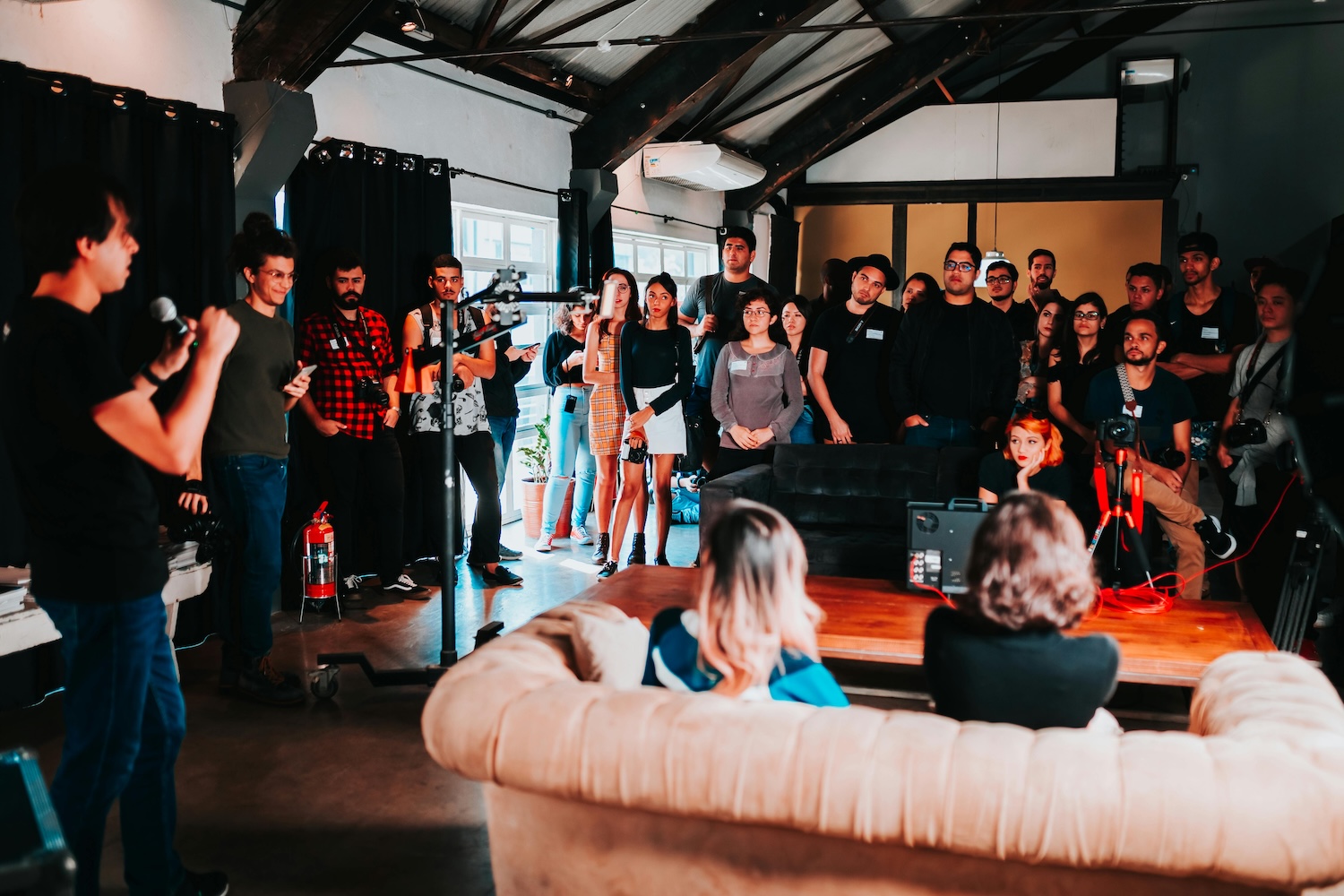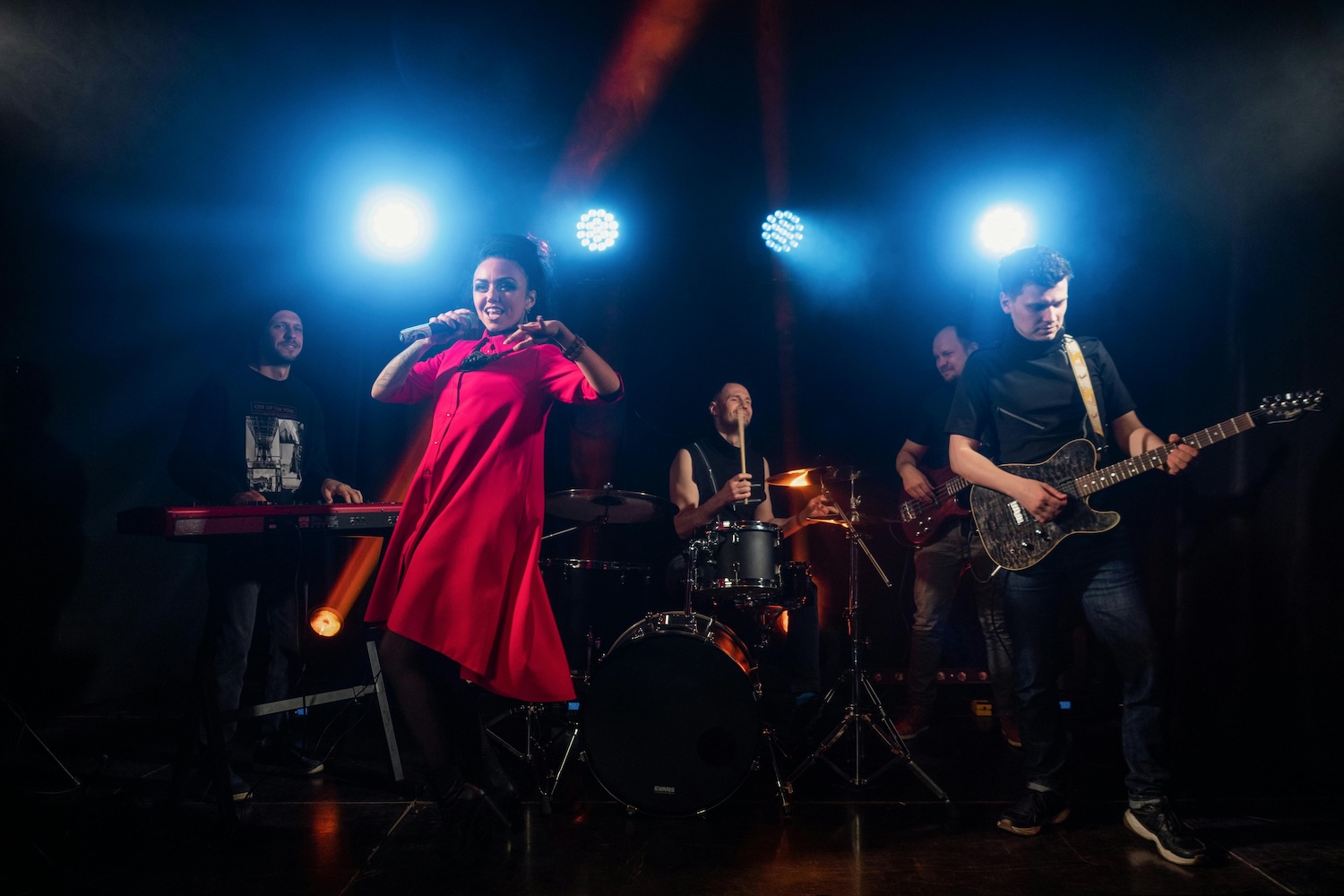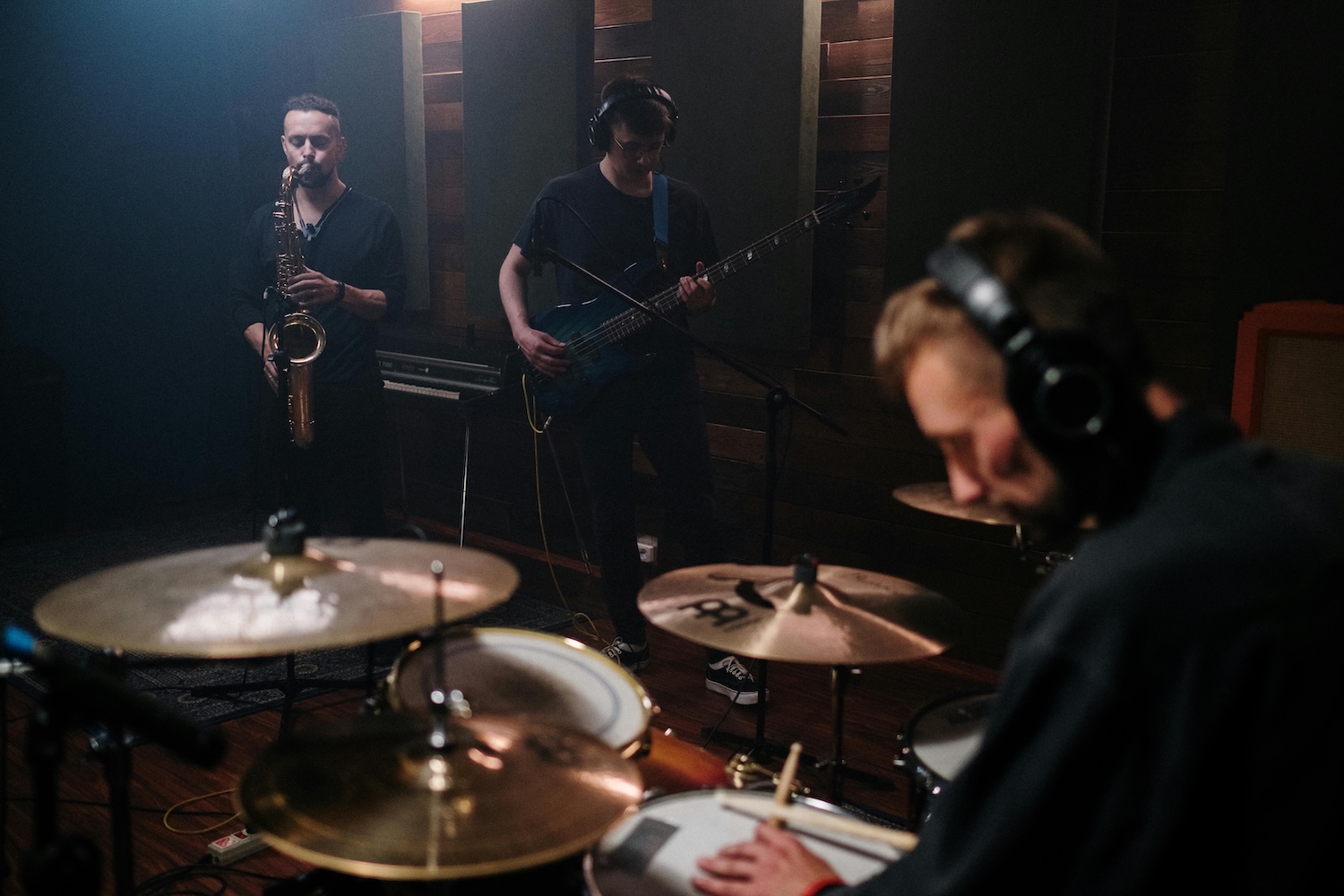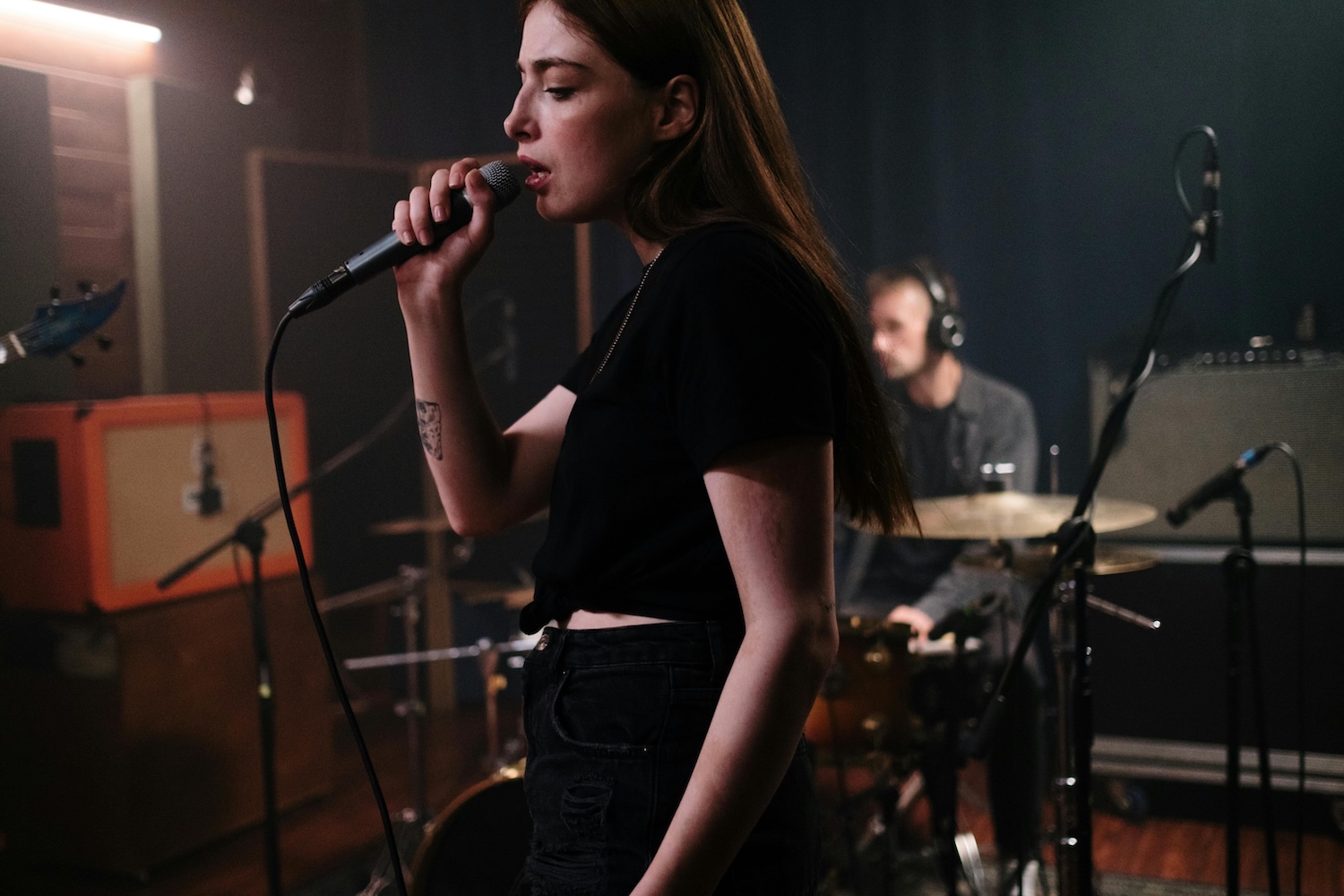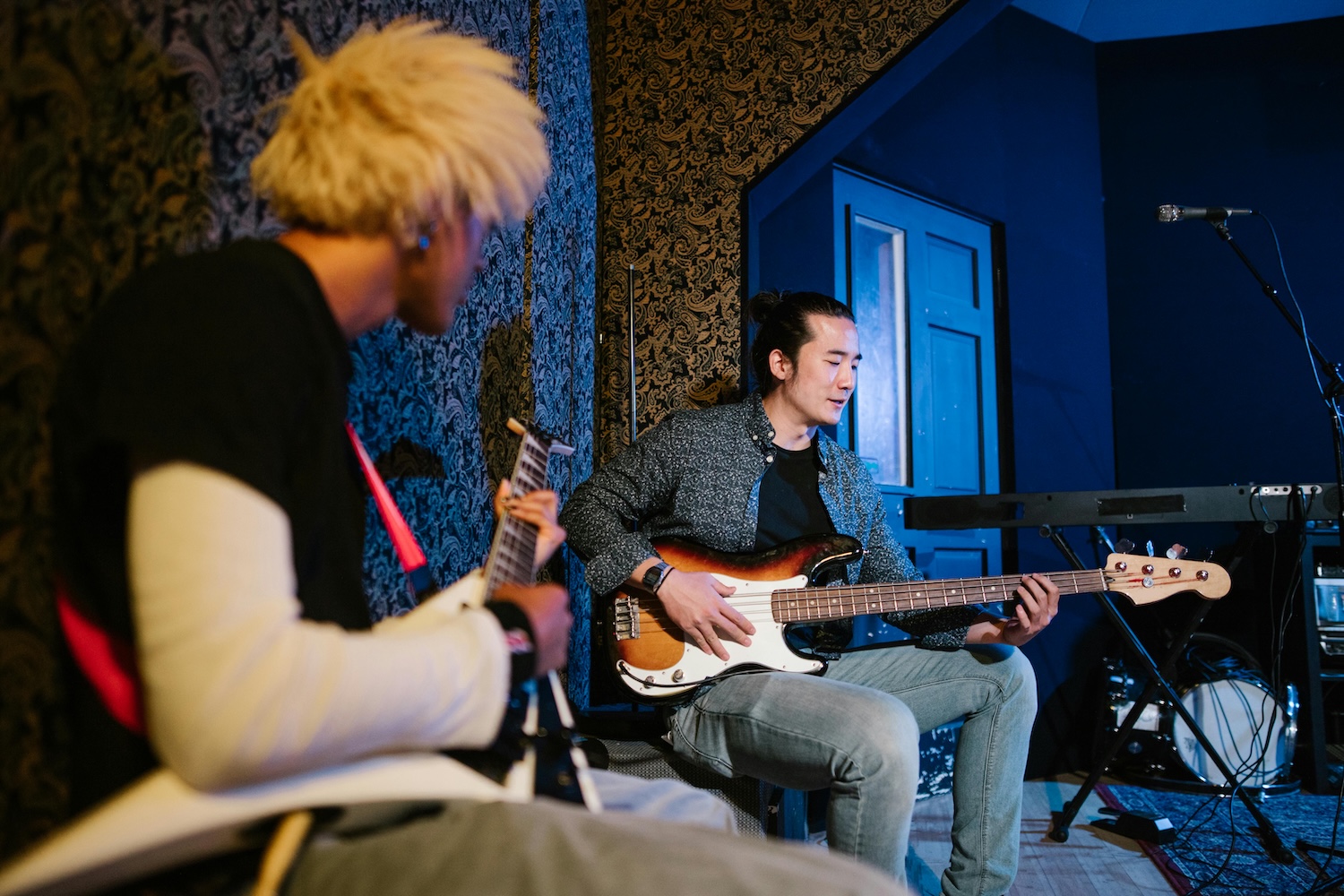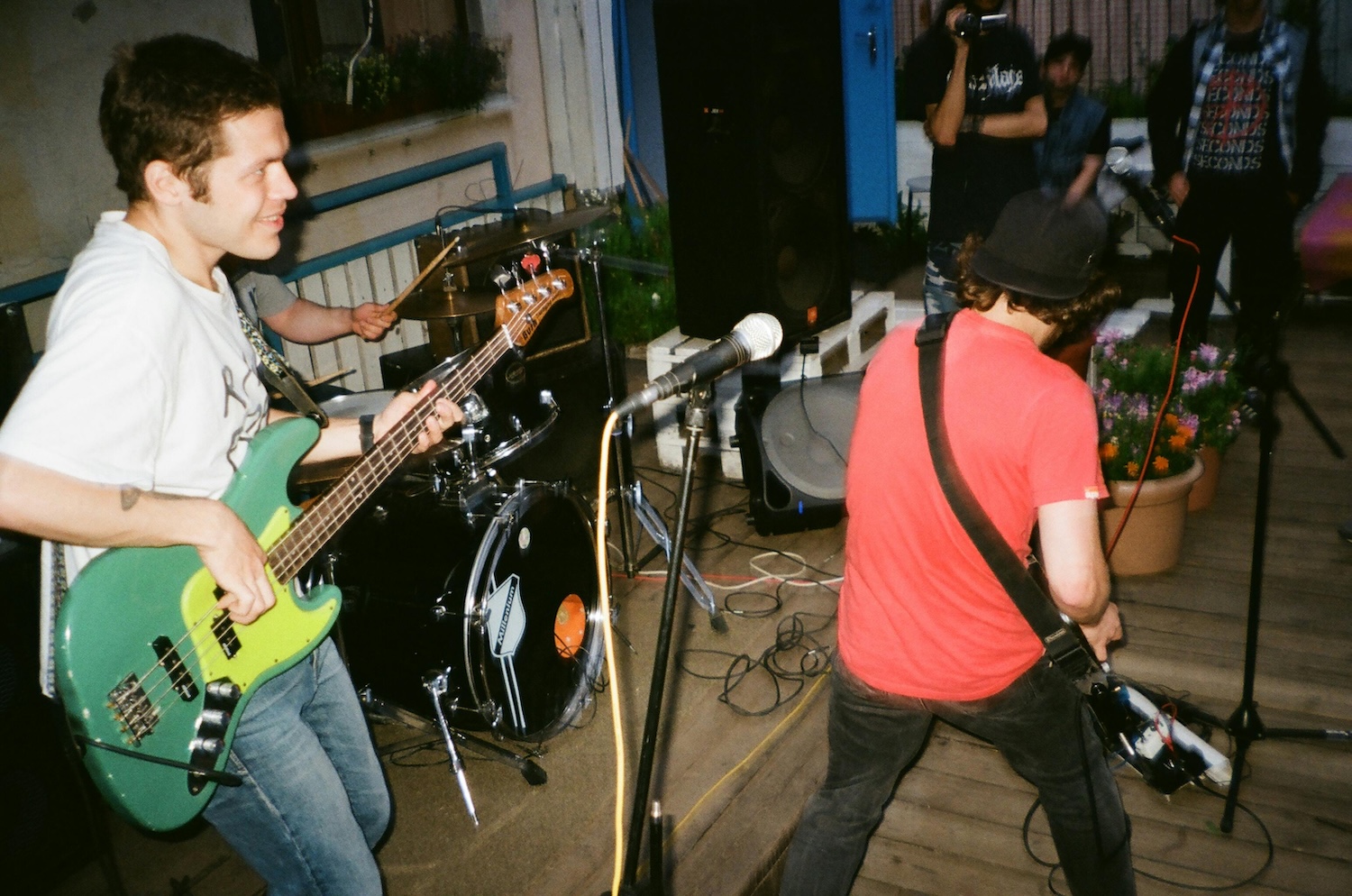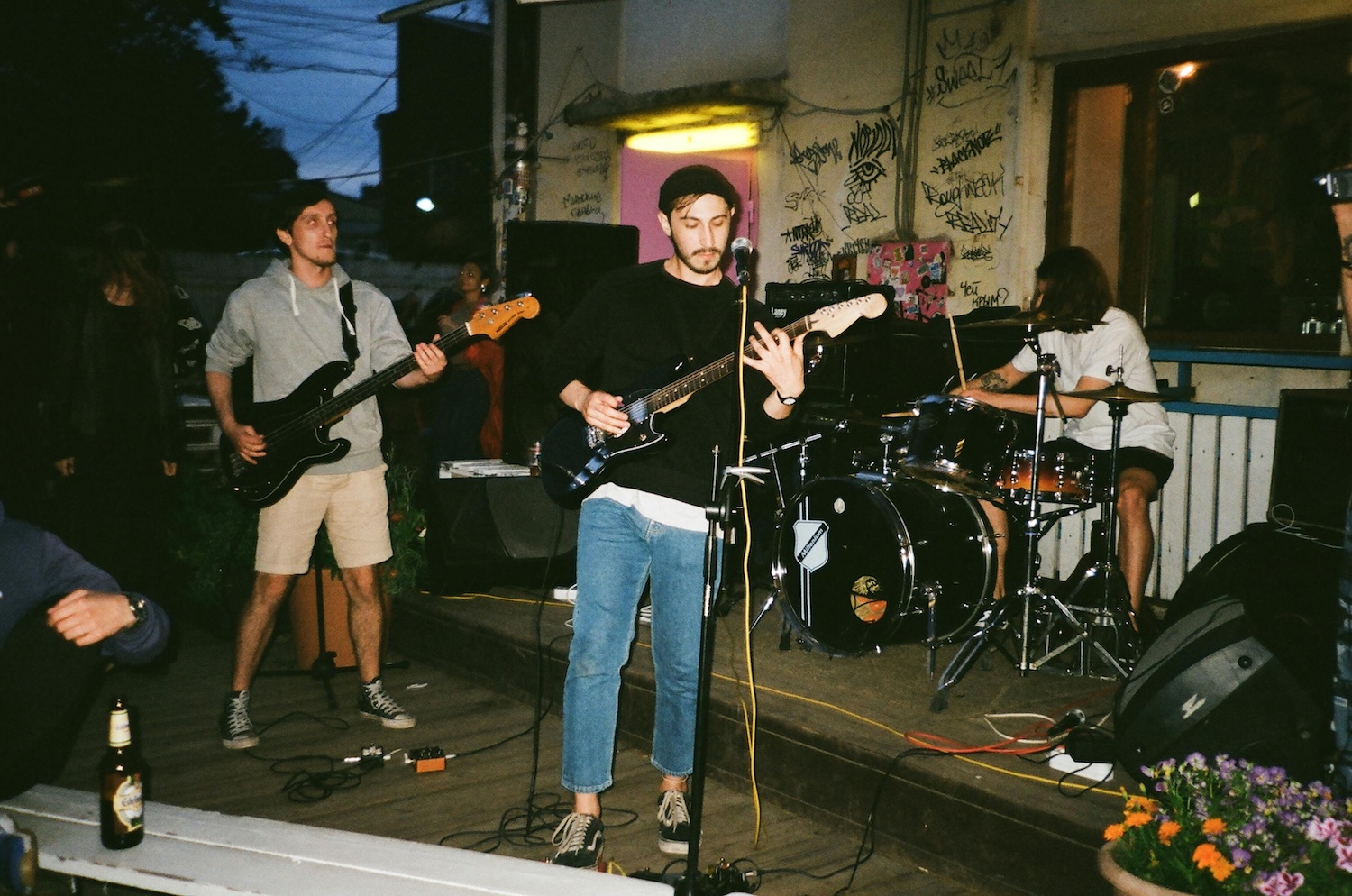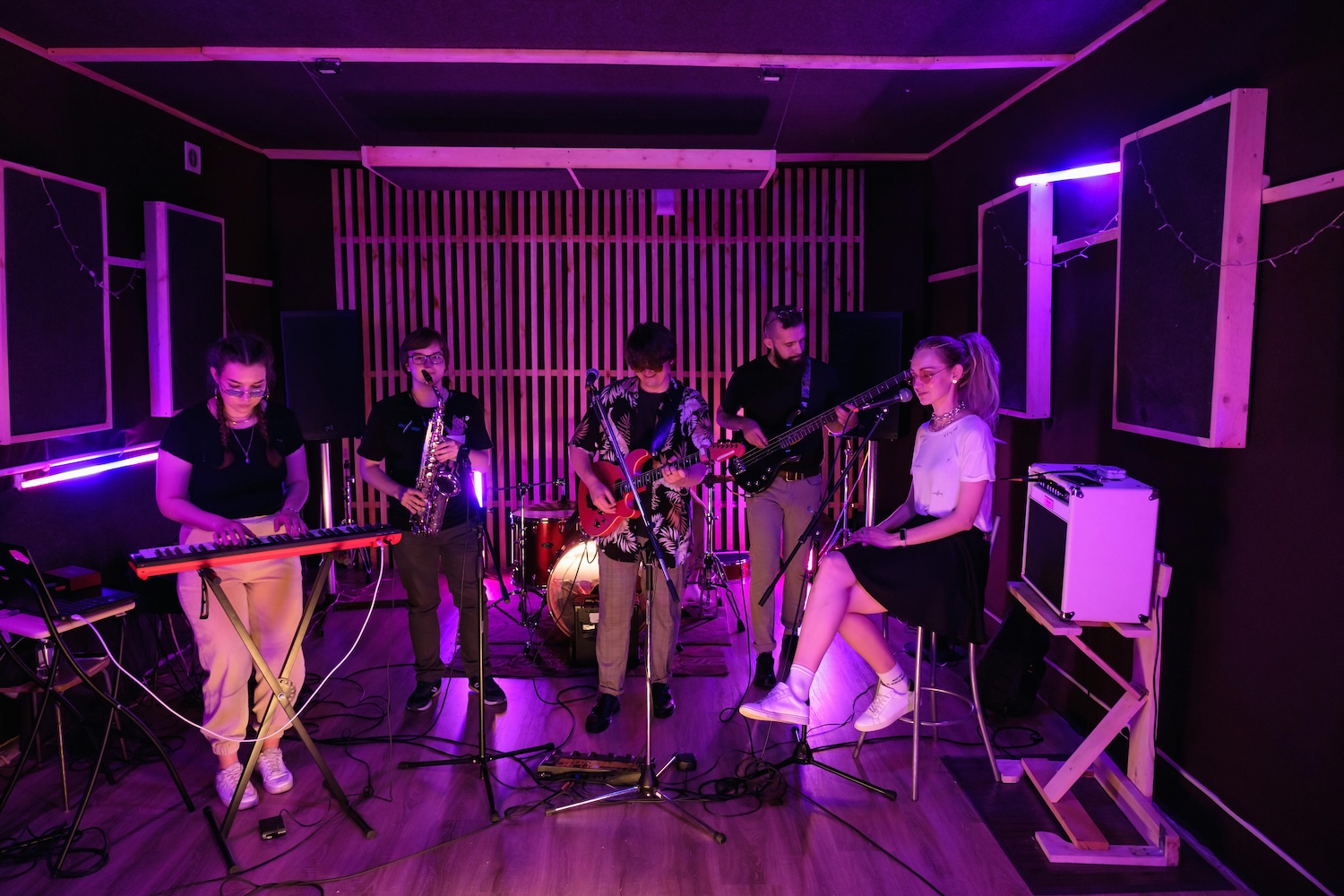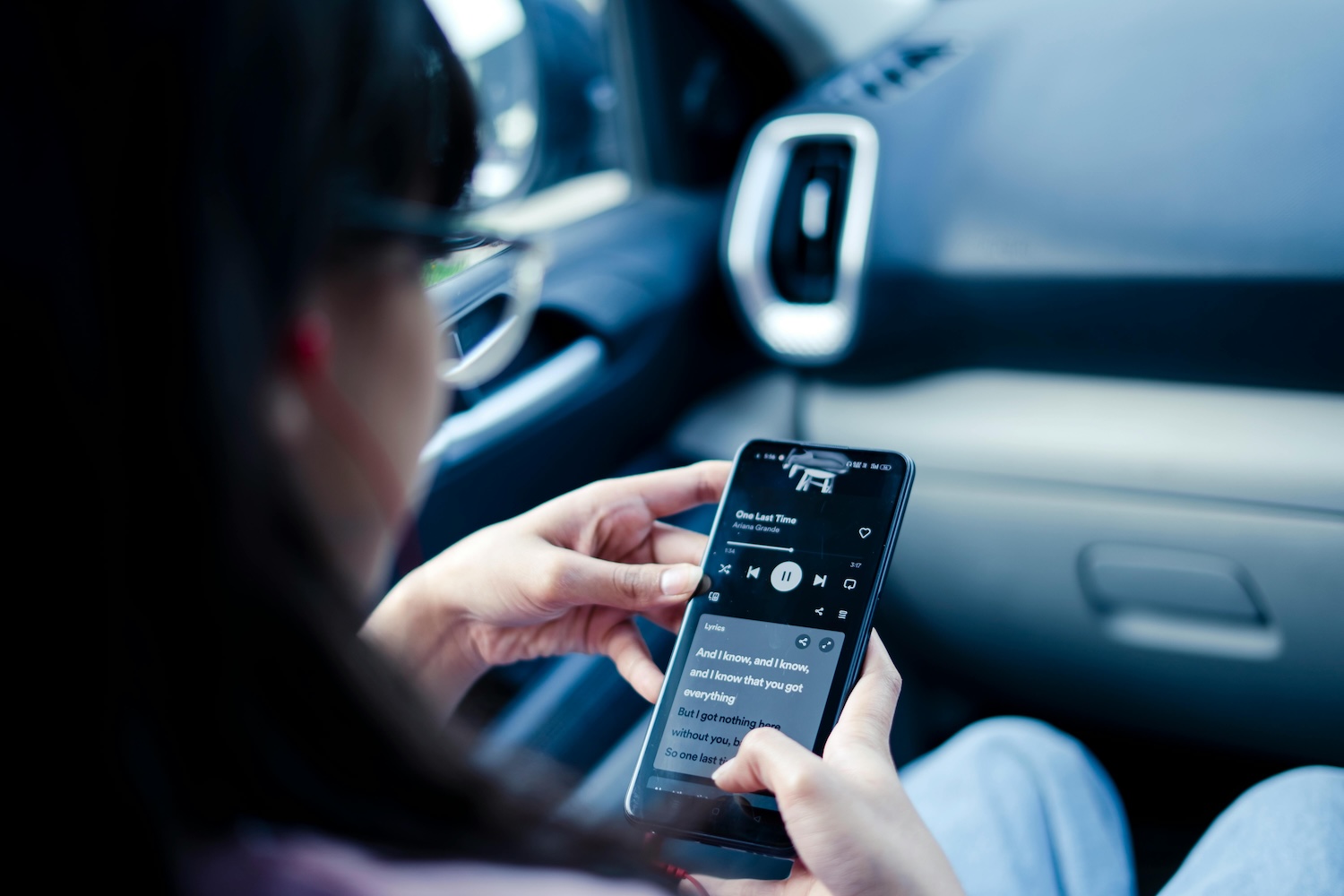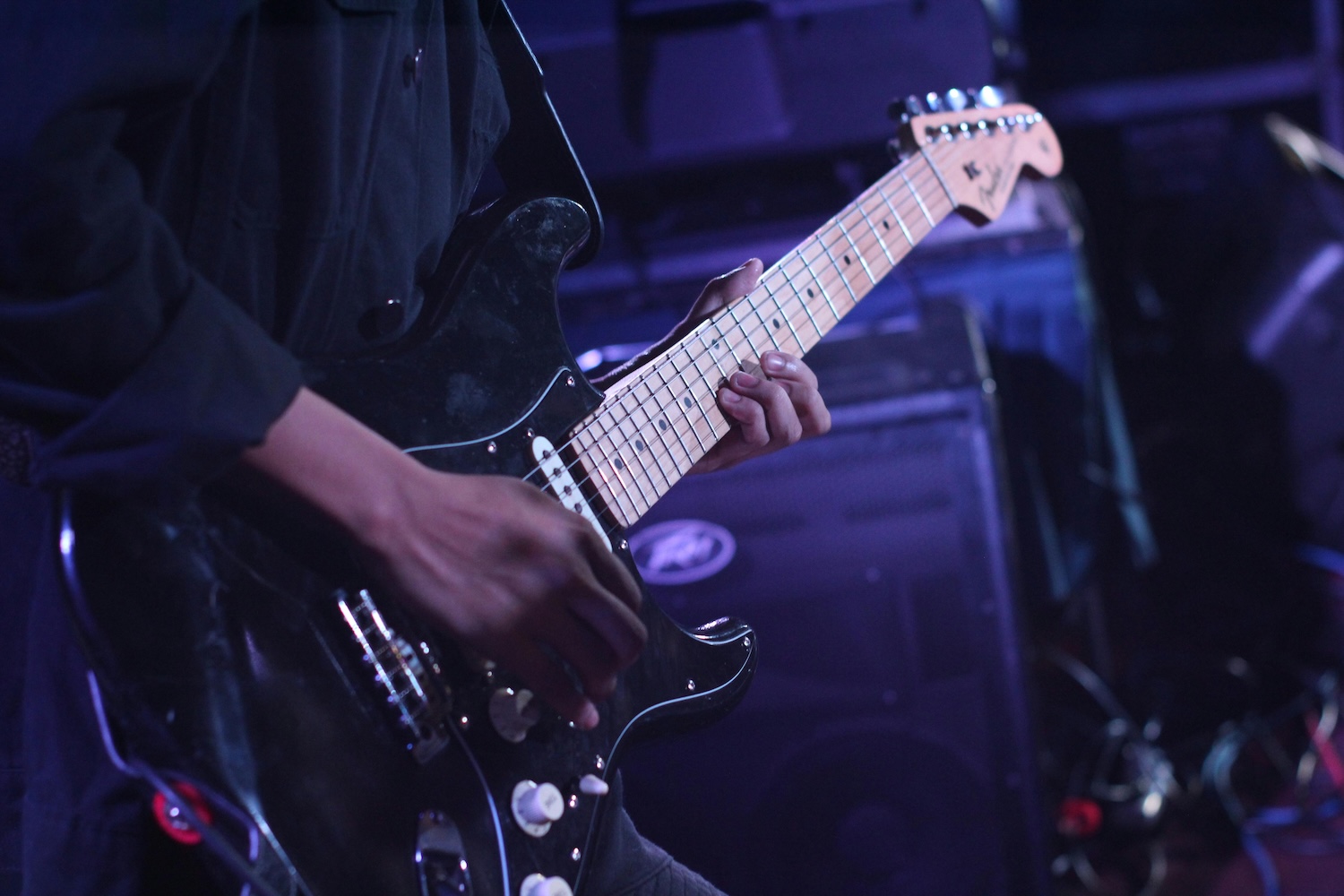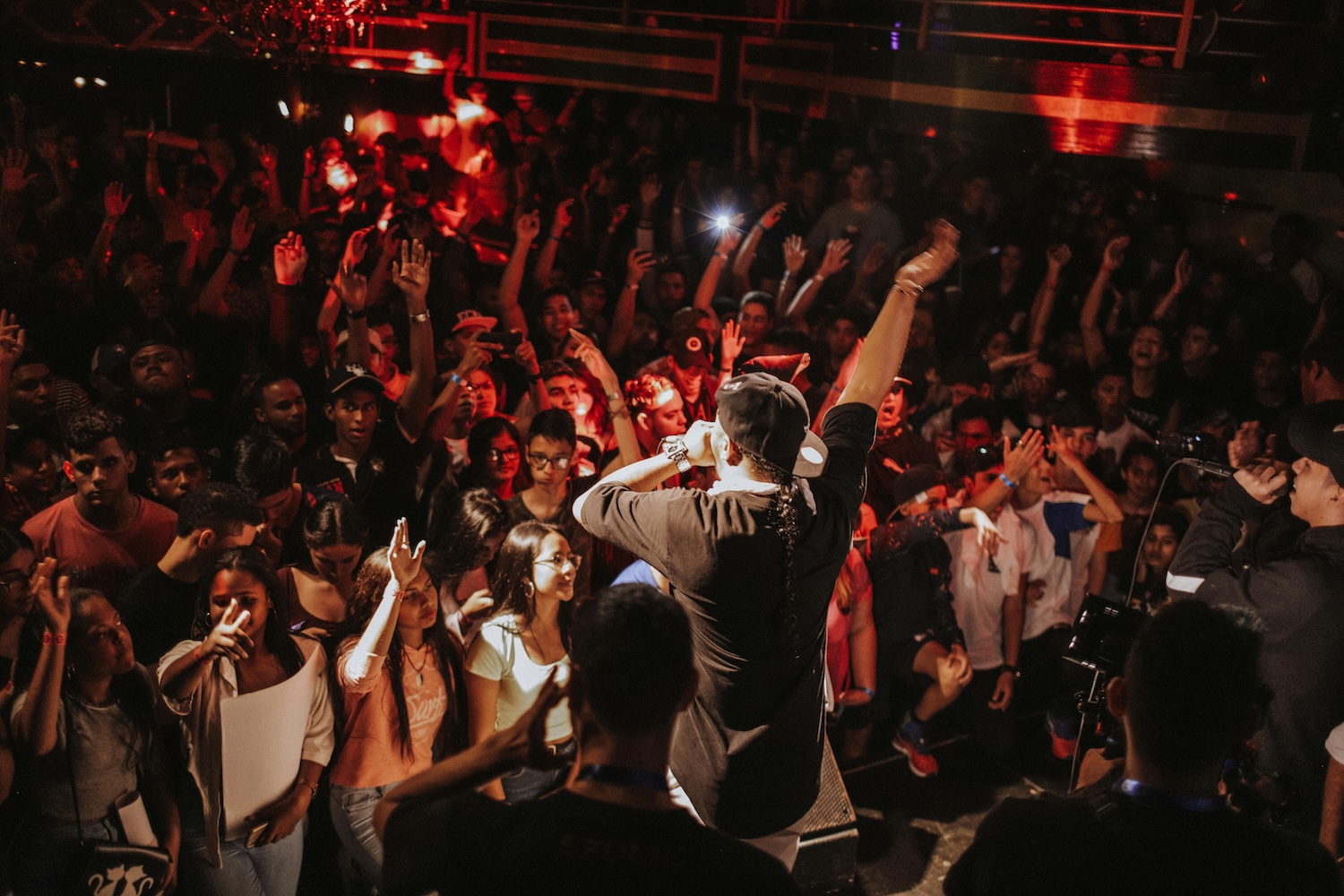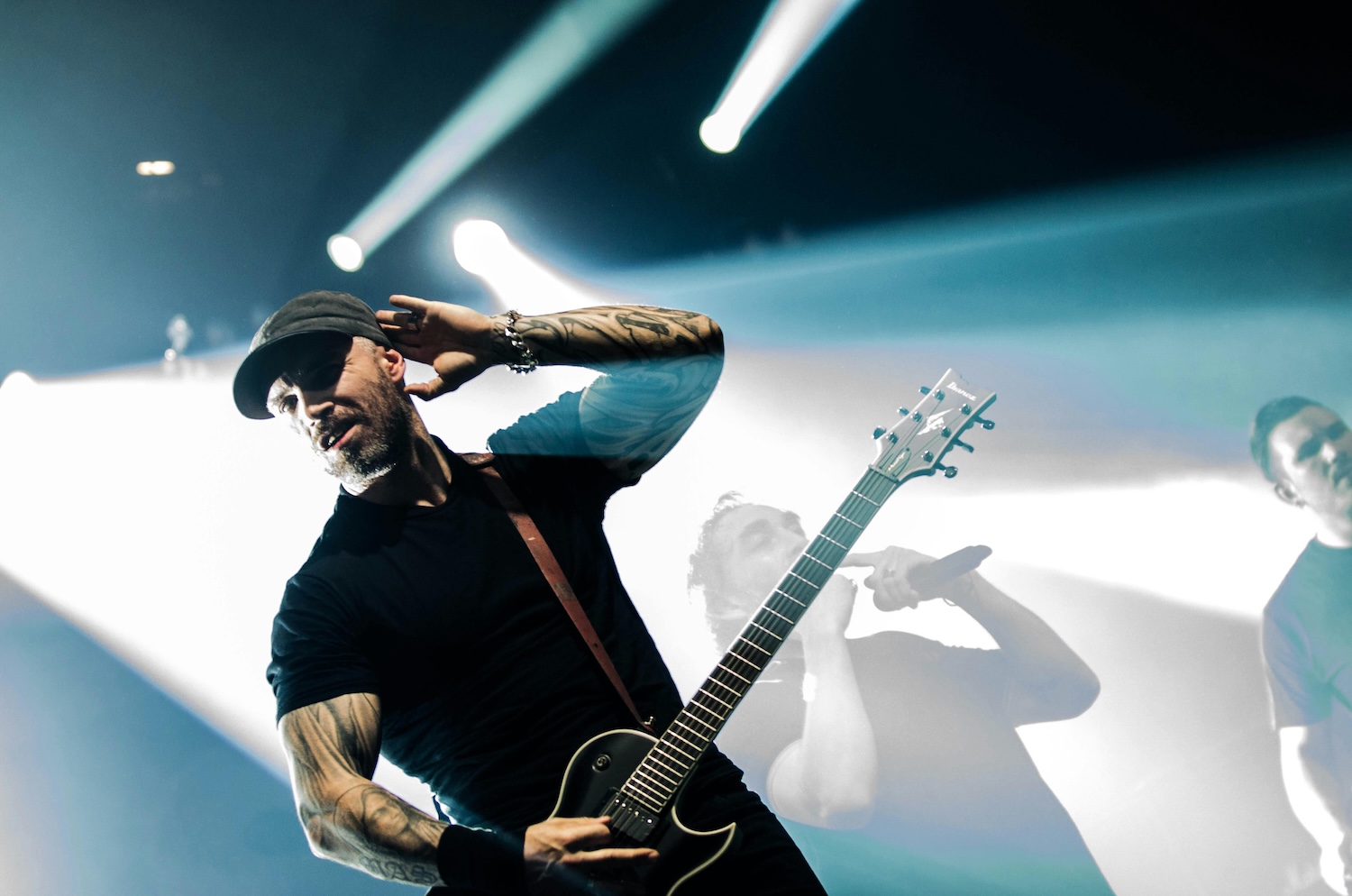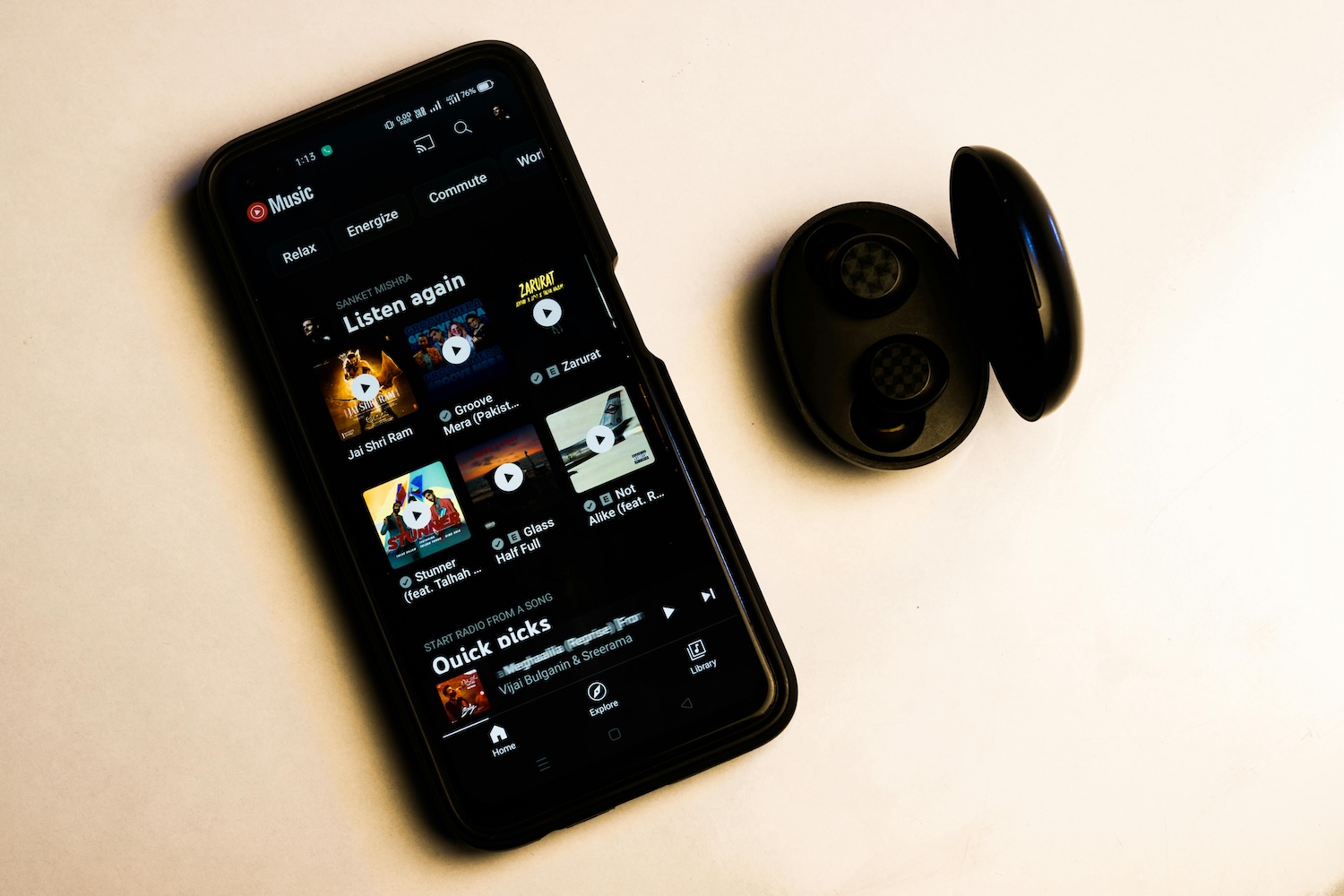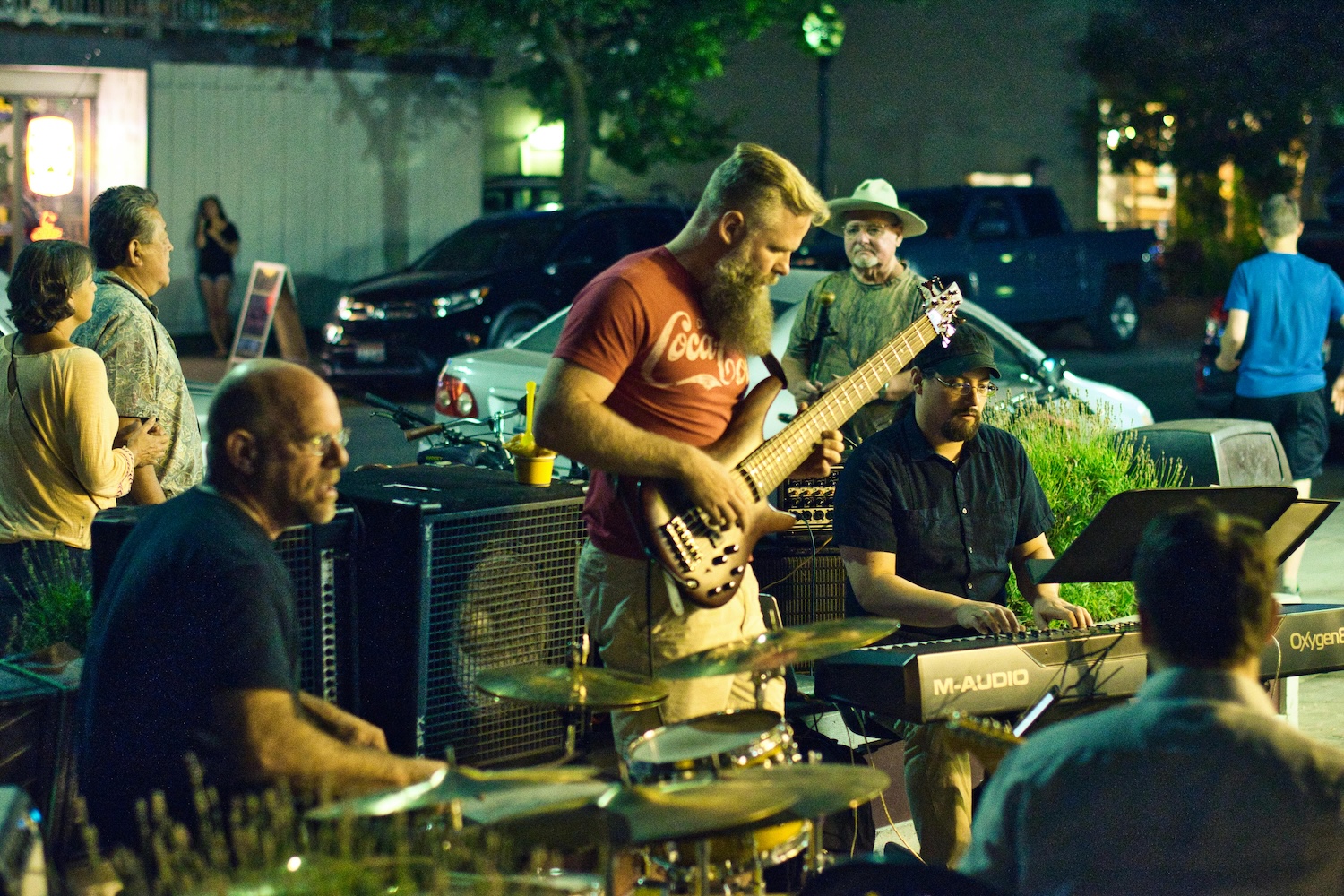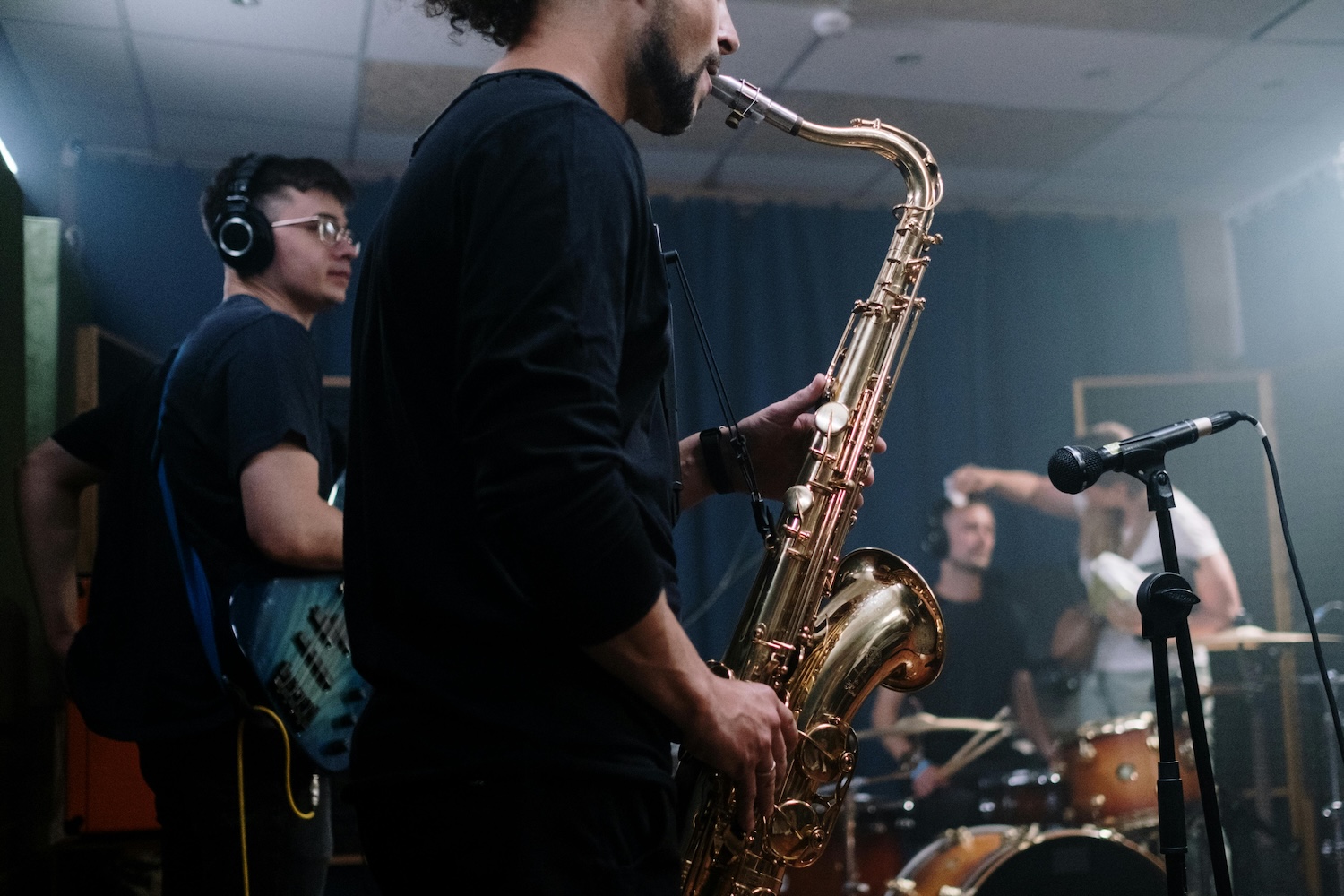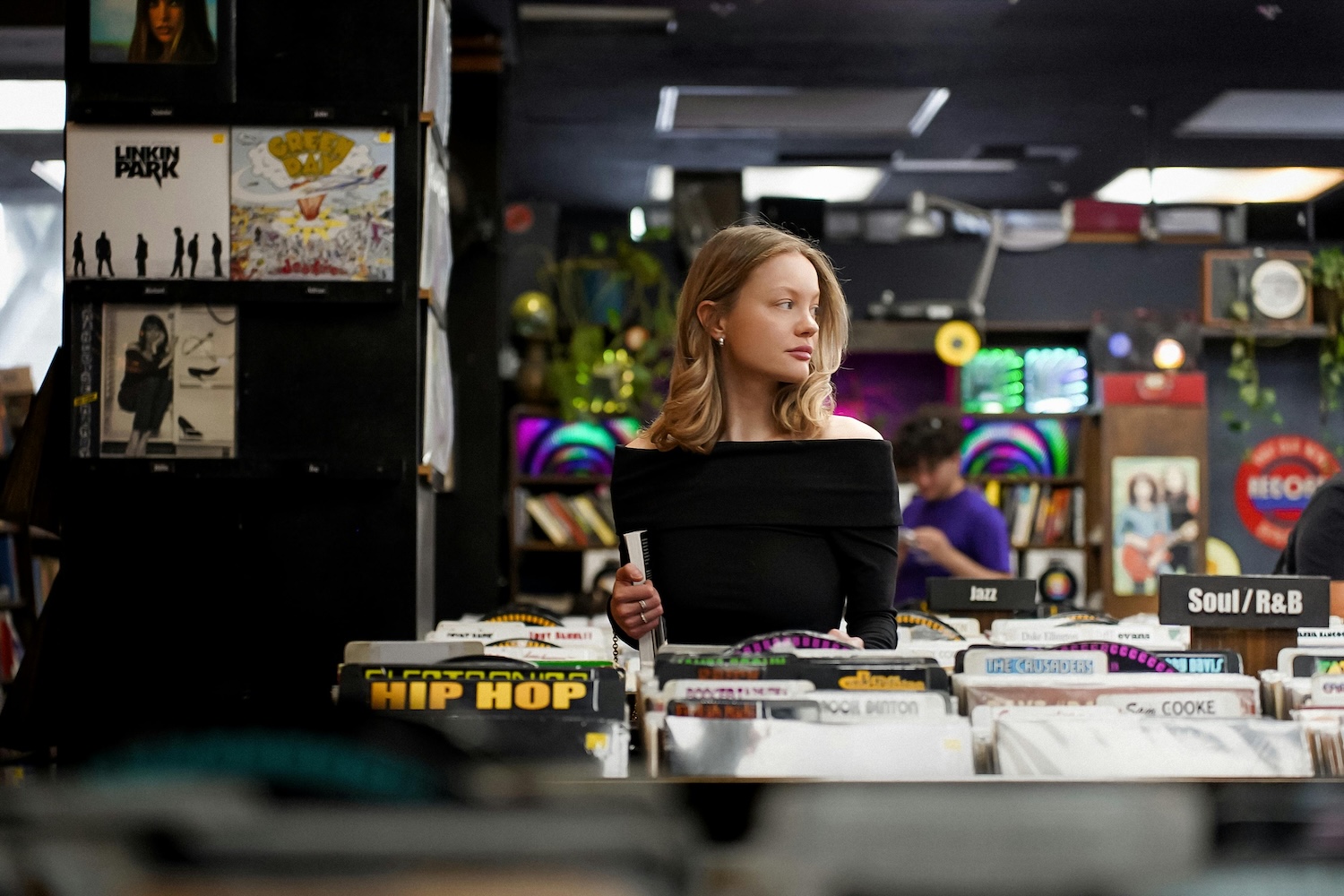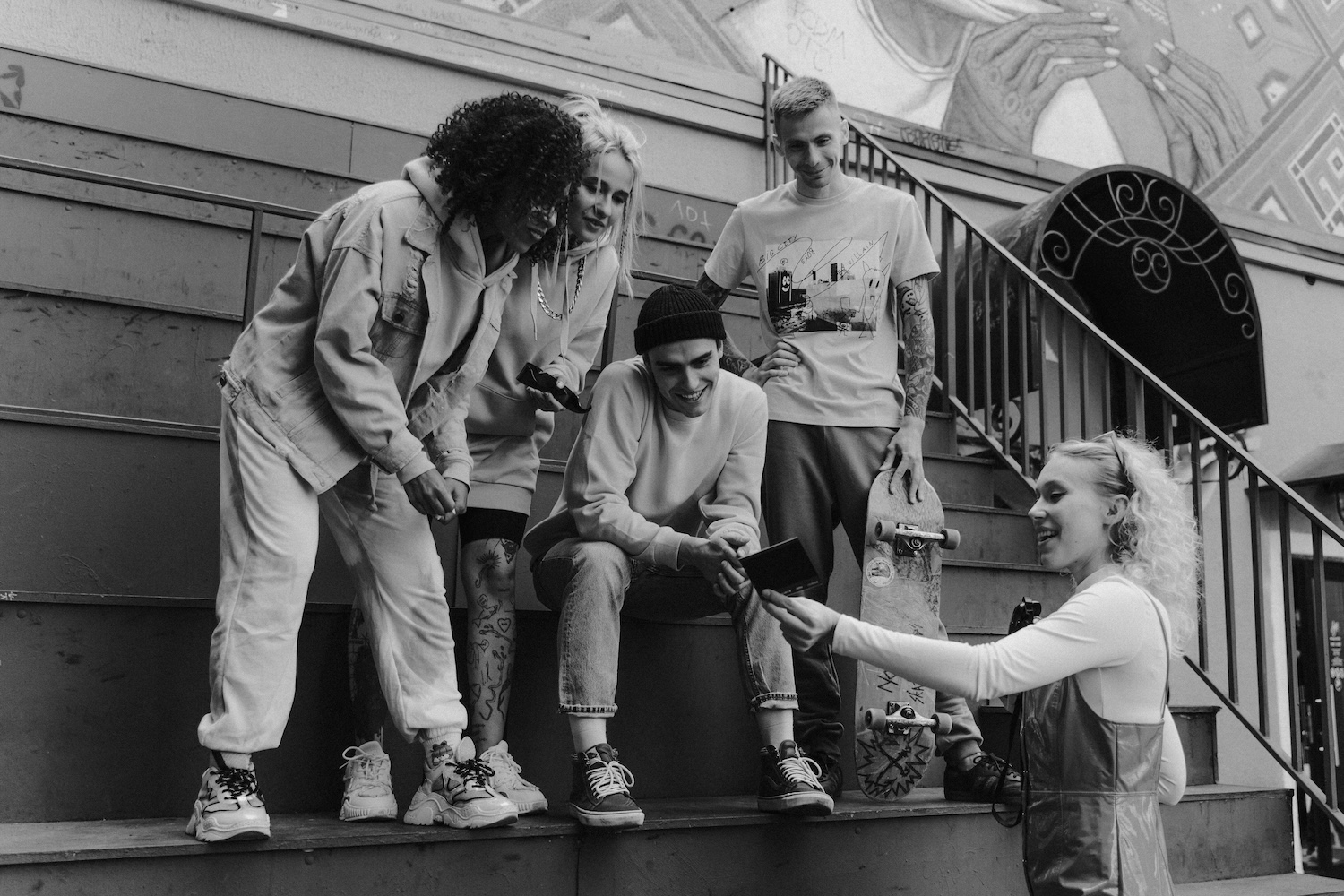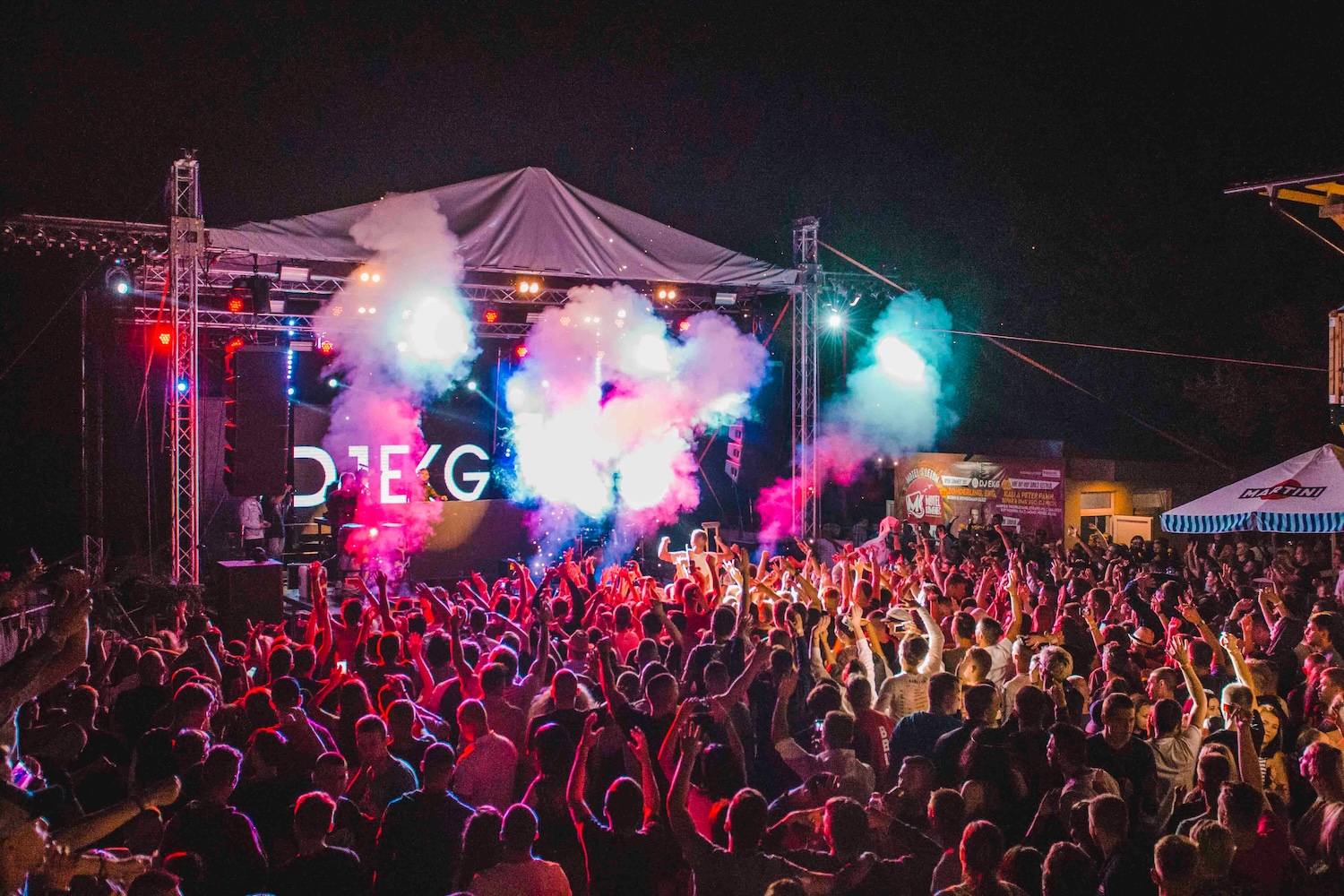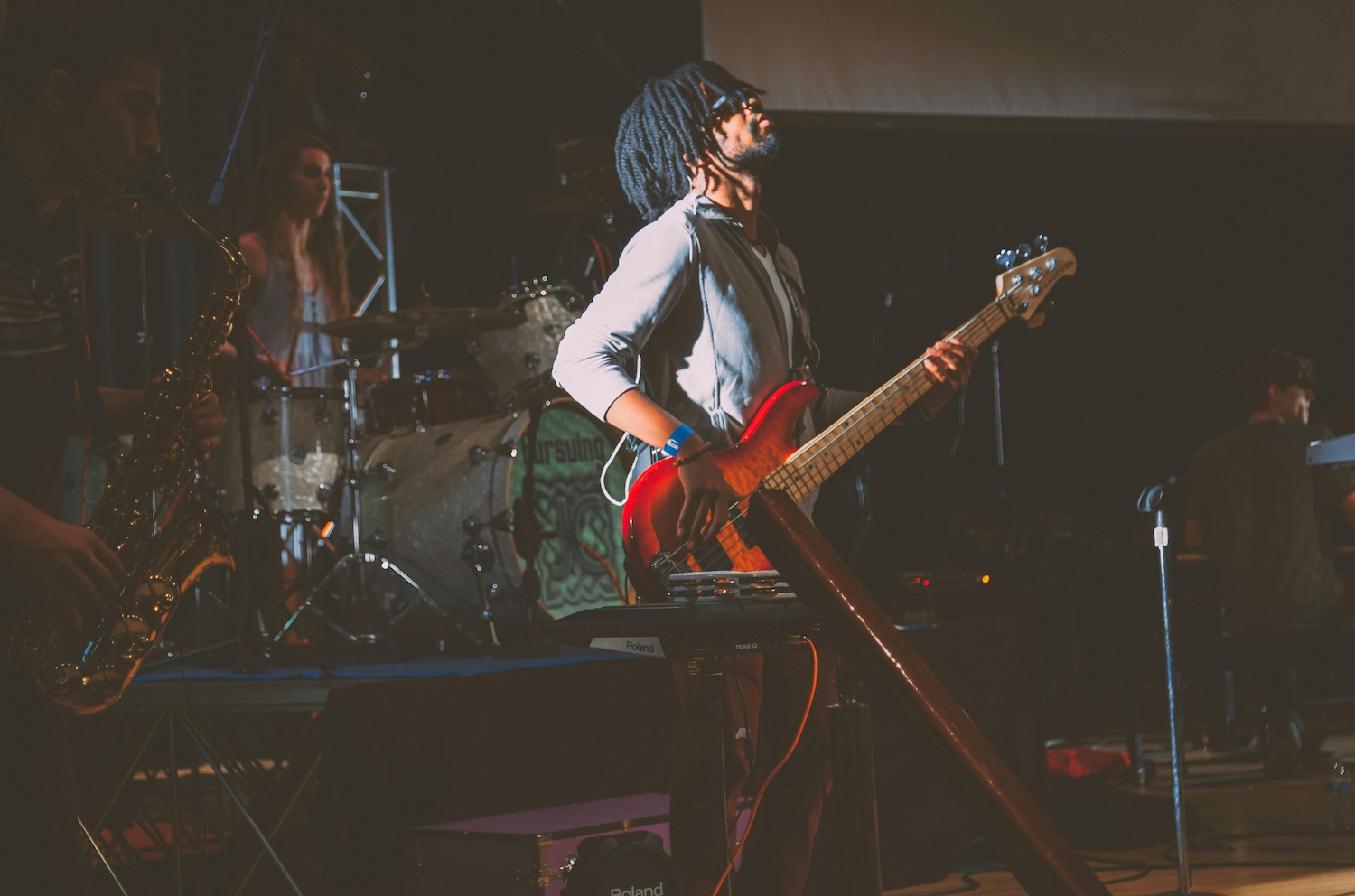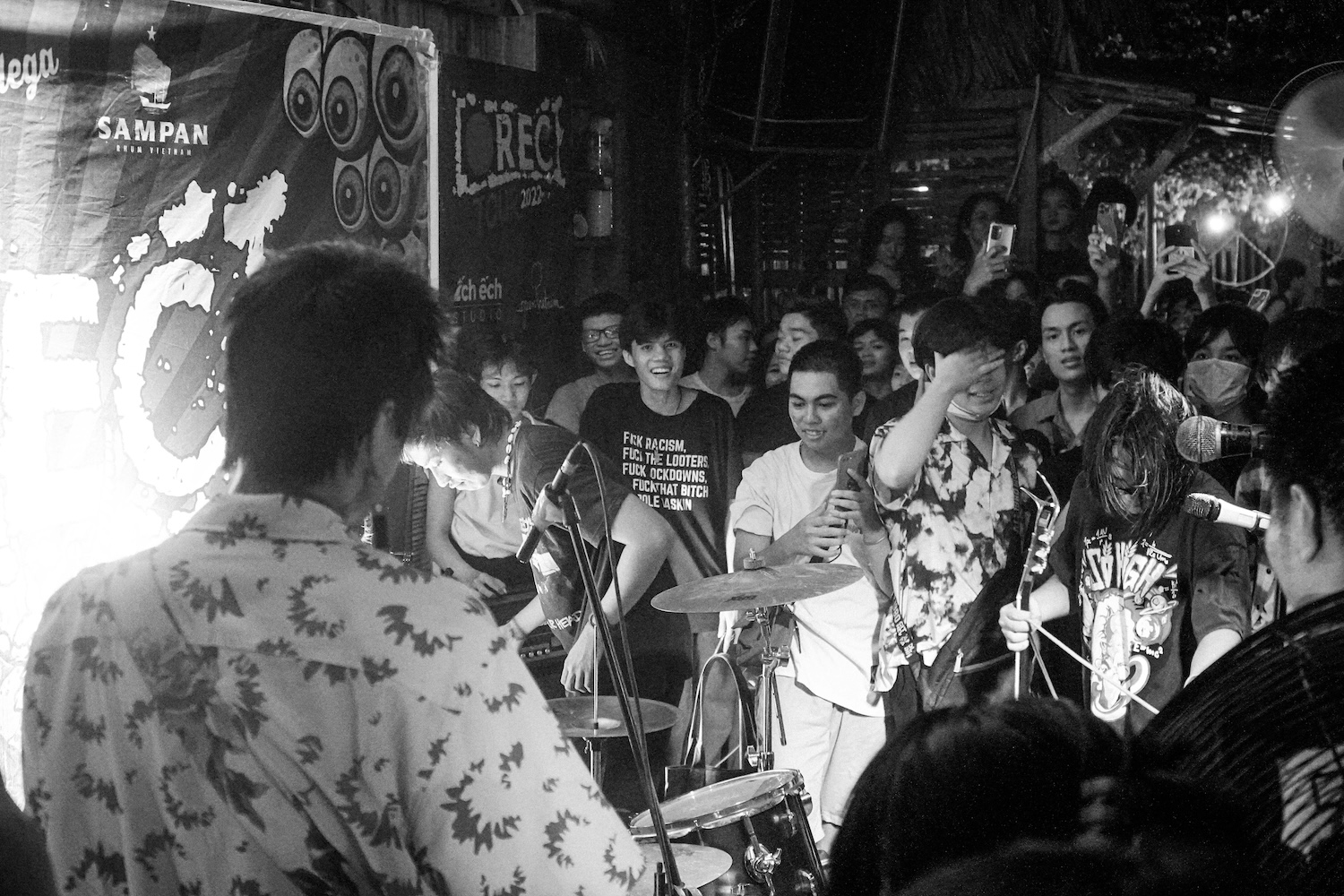The Musician as a Brand: Why You Should Think Like a Startup
Something has shifted in the music industry. It’s no longer enough to just be great at your instrument, have a cool sound, or play high-energy gigs. Today, musicians and bands also need to think like independent businesses — or more precisely: like startups.
That might sound unfamiliar or even unromantic, but it’s really about taking control of your own career and building something that grows, evolves, and gets noticed — just like entrepreneurs do with their ideas.
What does it mean to think like a startup?
Thinking like a startup means:
- Having a clear vision of what you want to achieve
- Understanding your audience and how to create value for them
- Being willing to experiment, test, and adapt
- Building a brand with identity and consistency
- Using digital tools, platforms, and data to grow
- Taking ownership of the entire journey — not just the music
In other words, it's about building something that can scale, spread, and thrive in a world full of noise and competition.
Music is a product — and you're both CEO and CMO
Even if it feels strange to call music a "product," that's how venues, listeners, and media often see it. It’s something people experience, choose, share, and recommend — just like an app, podcast, or new café.
As a modern musician, you are:
- 🎨 Creative Director of your sound and visual identity
- 📣 Marketing Manager of your brand and story
- 📅 Project Manager for releases, gigs, and campaigns
- 💼 Head of Sales for getting your music out there — and getting booked, streamed, and noticed
The good news? You don’t need a big team to get started. The most important step is shifting your mindset — to start thinking like someone who’s building something bigger than just a song.
What musicians can learn from startups
Here are three key lessons from the startup world that every musician can use:
1. Start small — test first
Just like startups create an MVP (Minimum Viable Product), you can launch a small release, a basic website, or a quick social campaign — and see how your audience responds.
2. Know your niche
Who are your people? Who connects with your sound, your story, your vibe? The more you understand your audience, the easier it becomes to build a loyal fanbase.
3. Build community, not just listeners
Think of your fans as users or early backers. Talk to them, involve them, give them exclusives. A brand that builds relationships will always outlast one that just pushes content.
That’s why we’re building Beatnickel
This way of thinking is at the heart of Beatnickel. We’re not just creating a platform for finding bandmates and collaborators. We’re building a place where musicians can grow their network, discover opportunities, and get visibility — while also learning to think like entrepreneurs of their own careers.
Music is emotion. But a career in music also takes strategy.
You don’t need to be a businessperson to think like a startup. You just need to take yourself seriously — as an artist, and as a builder of your own future.
Want to be part of a community built for modern musicians?
Join our beta launch at beatnickel.com and take the first step toward a smarter, more connected music journey.







